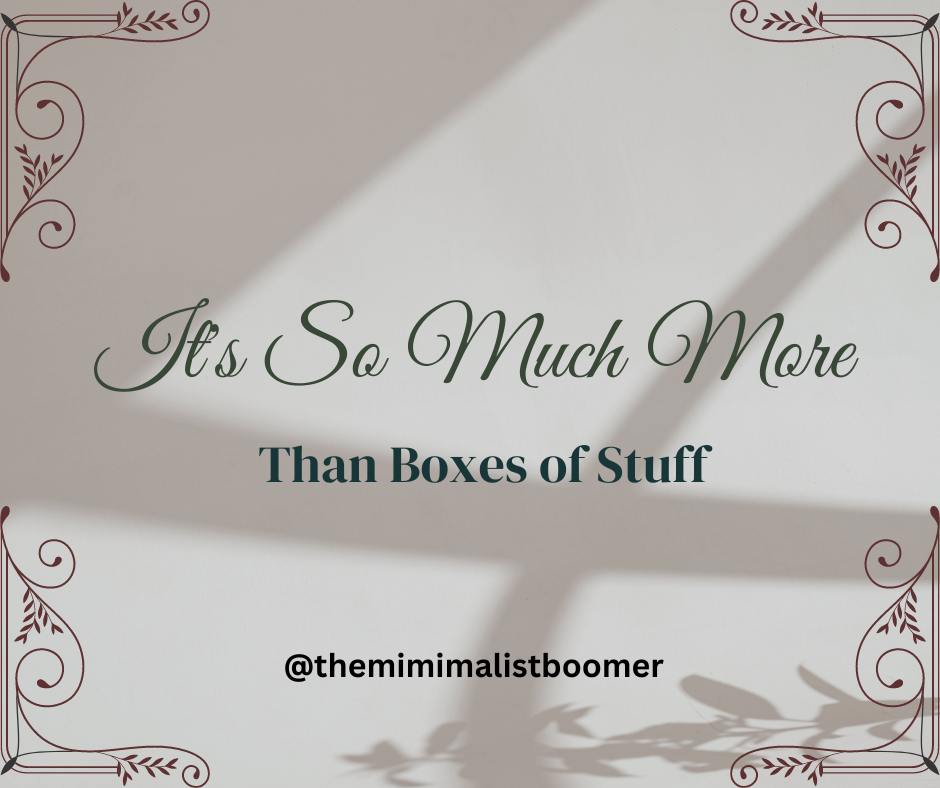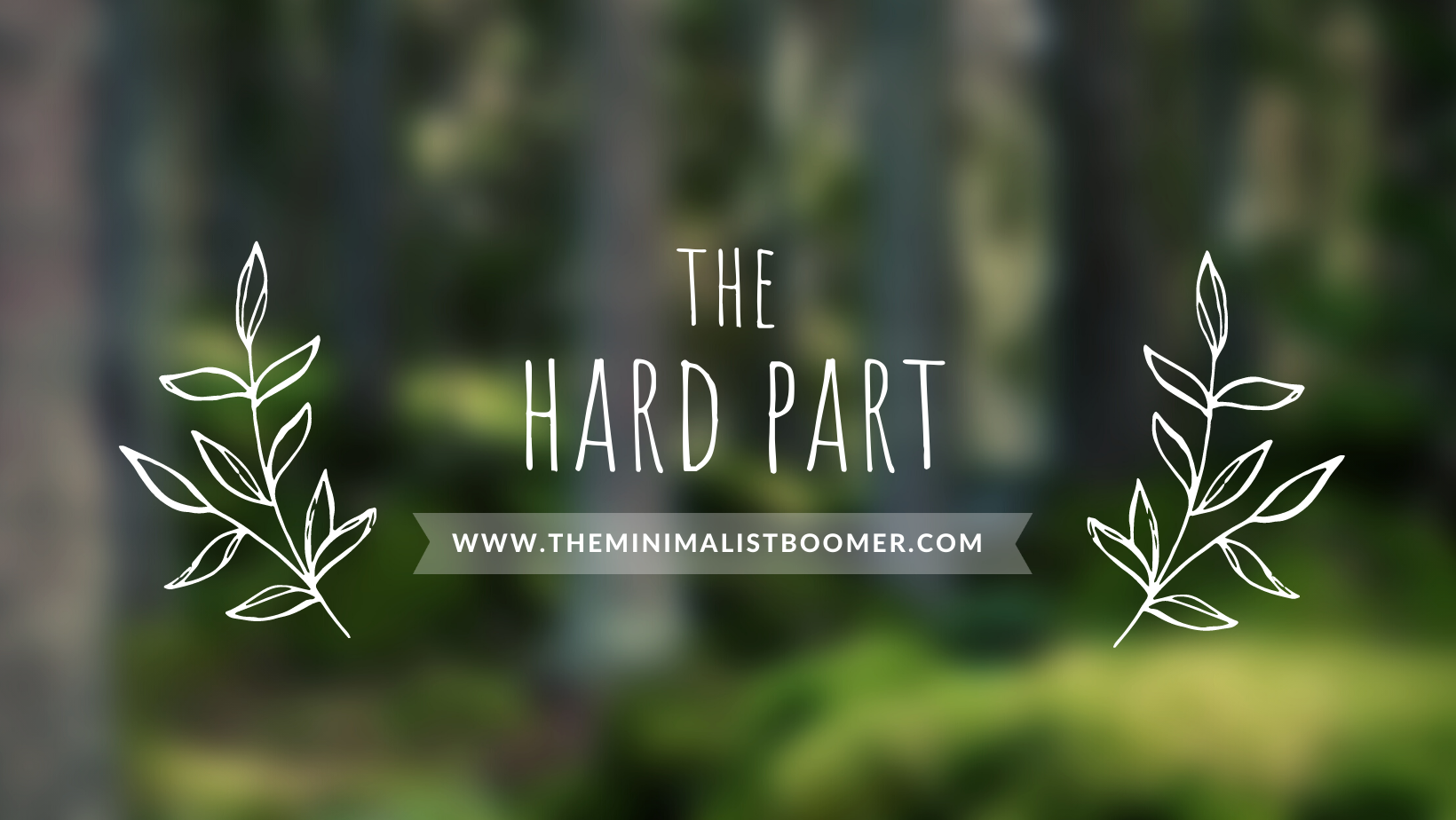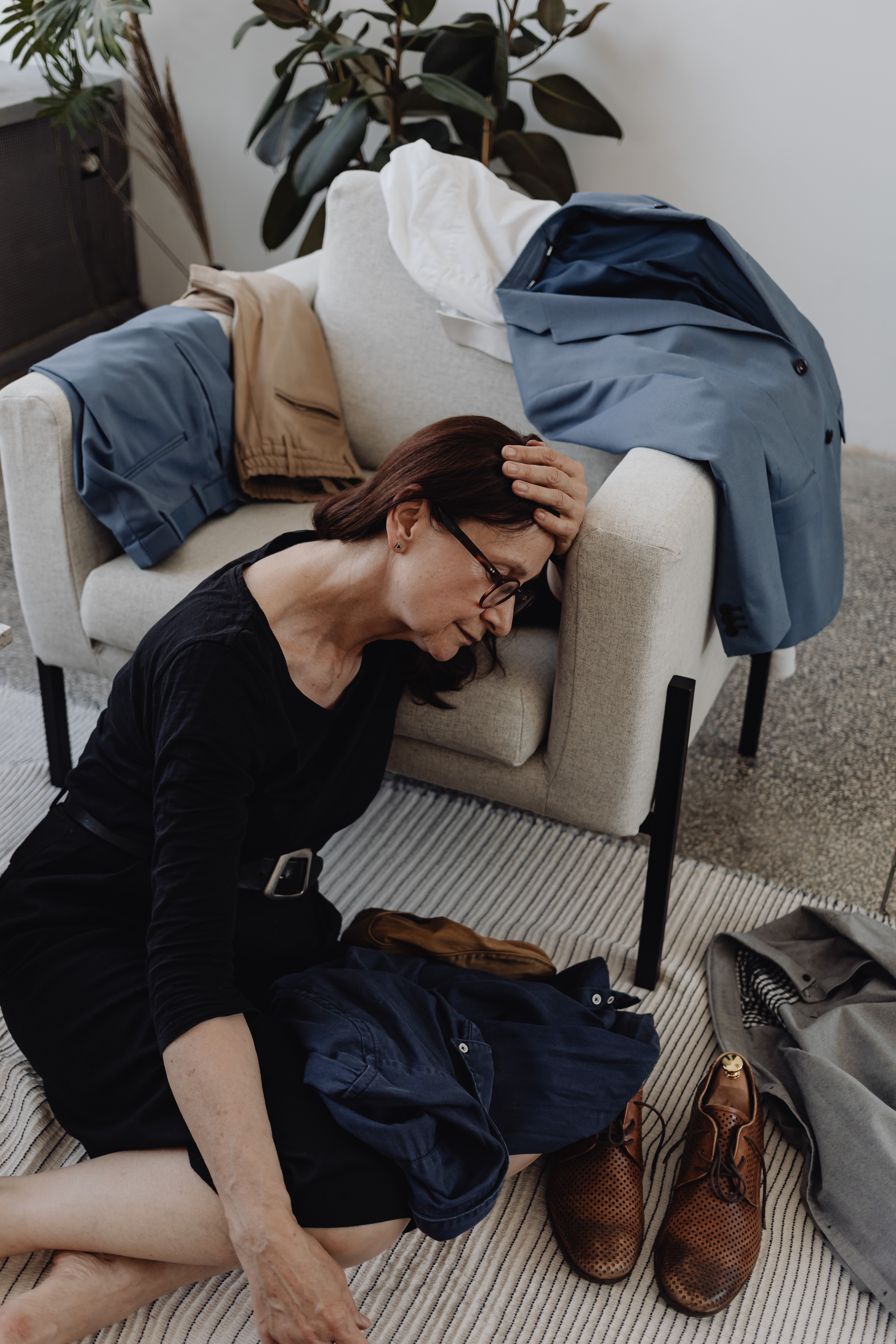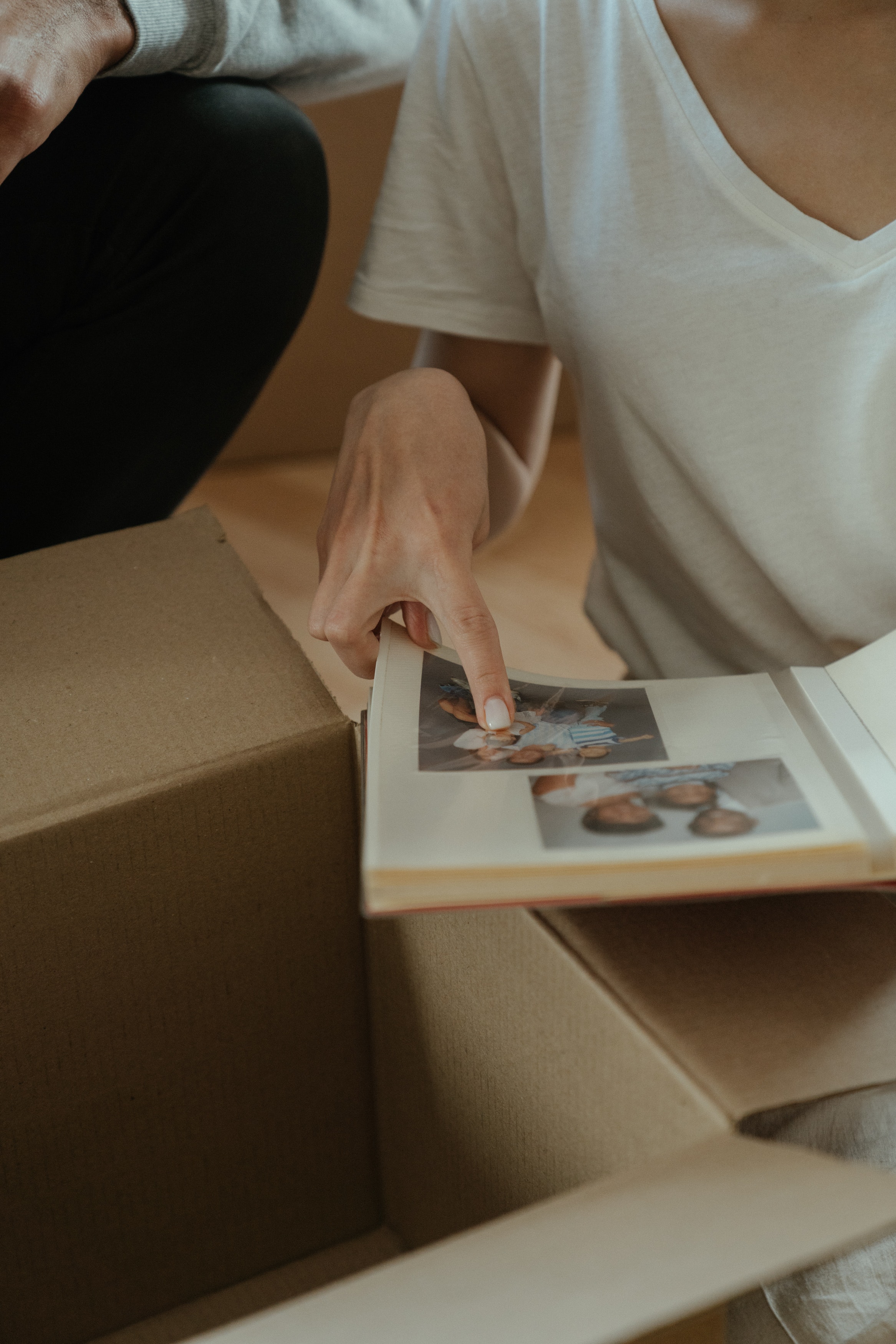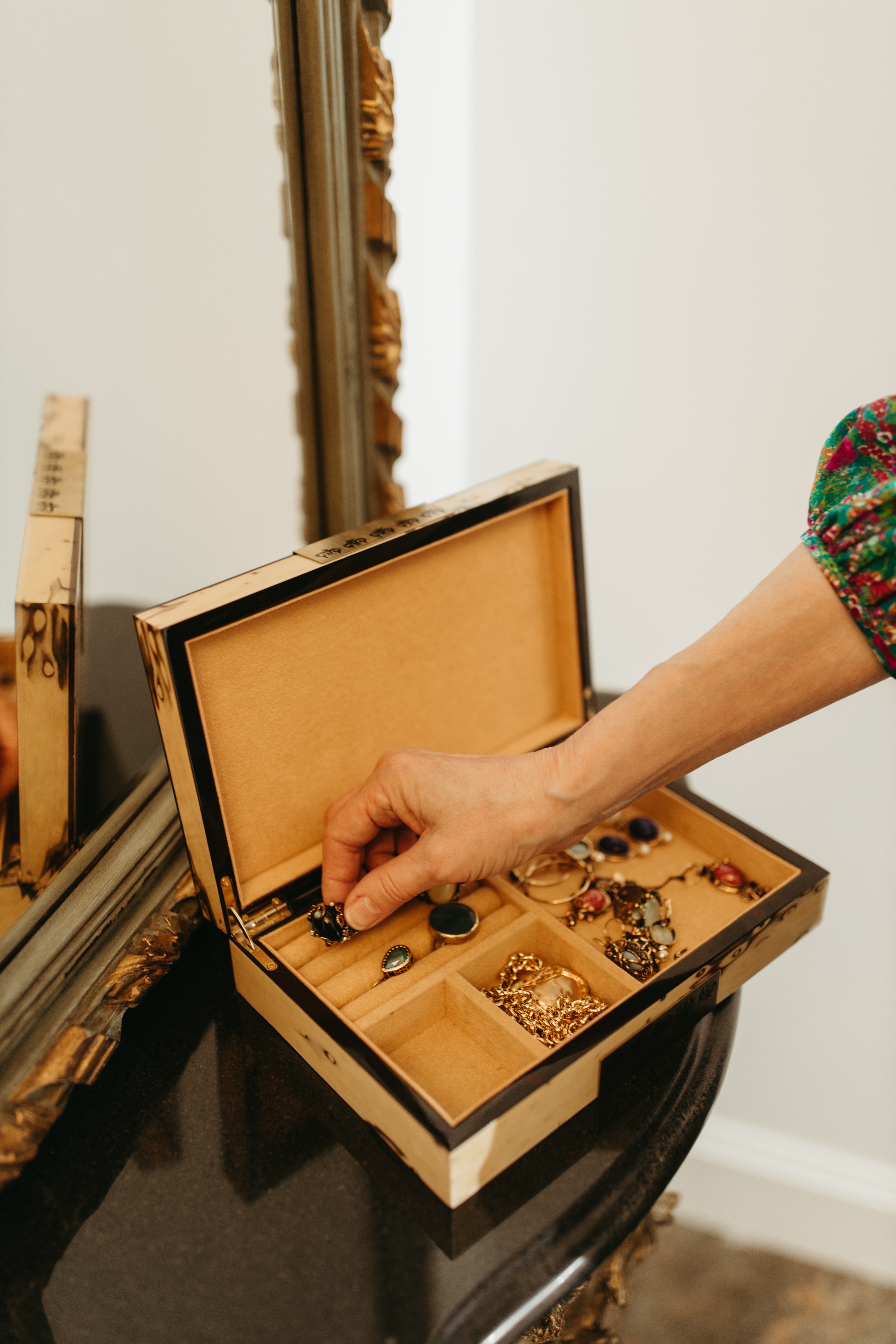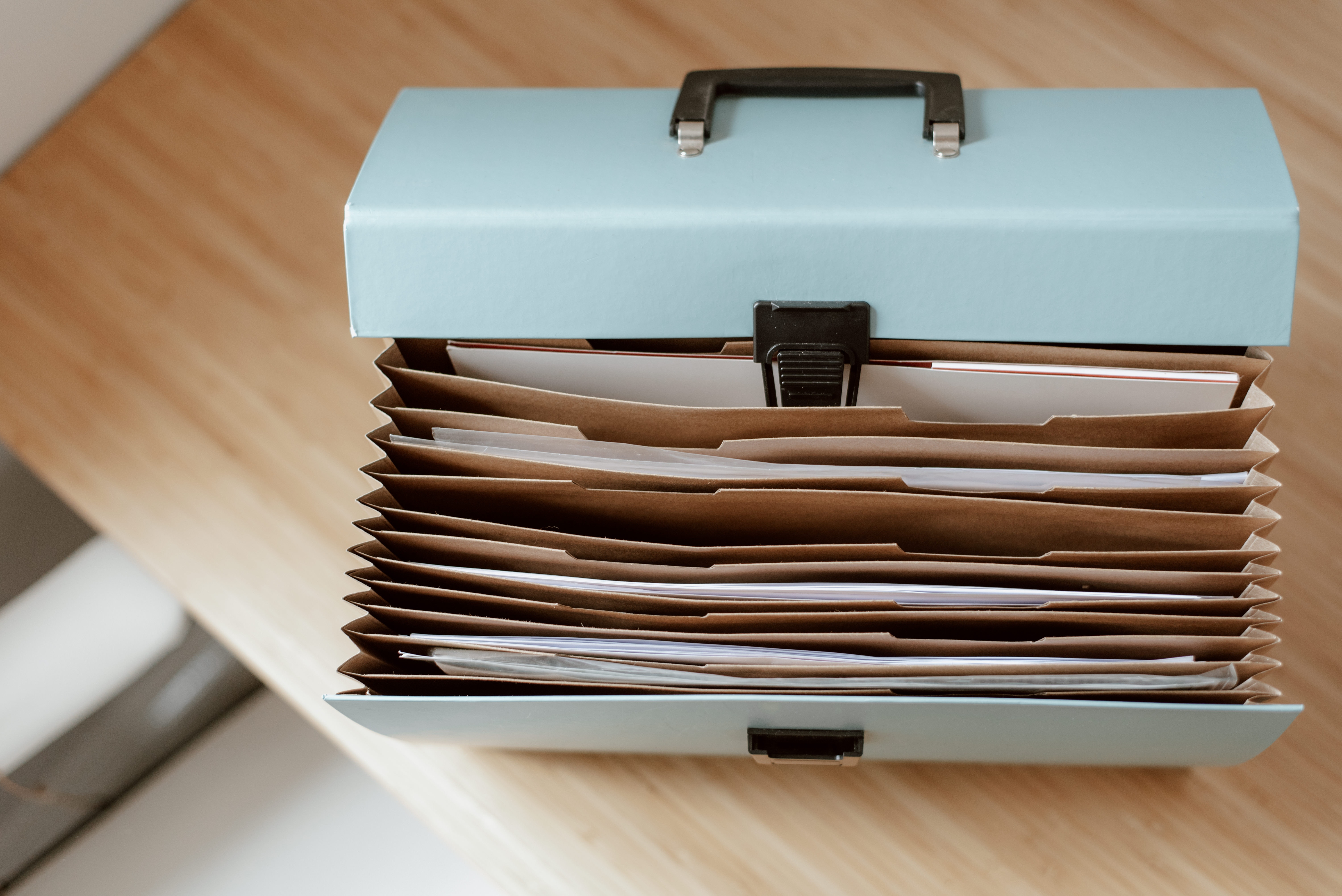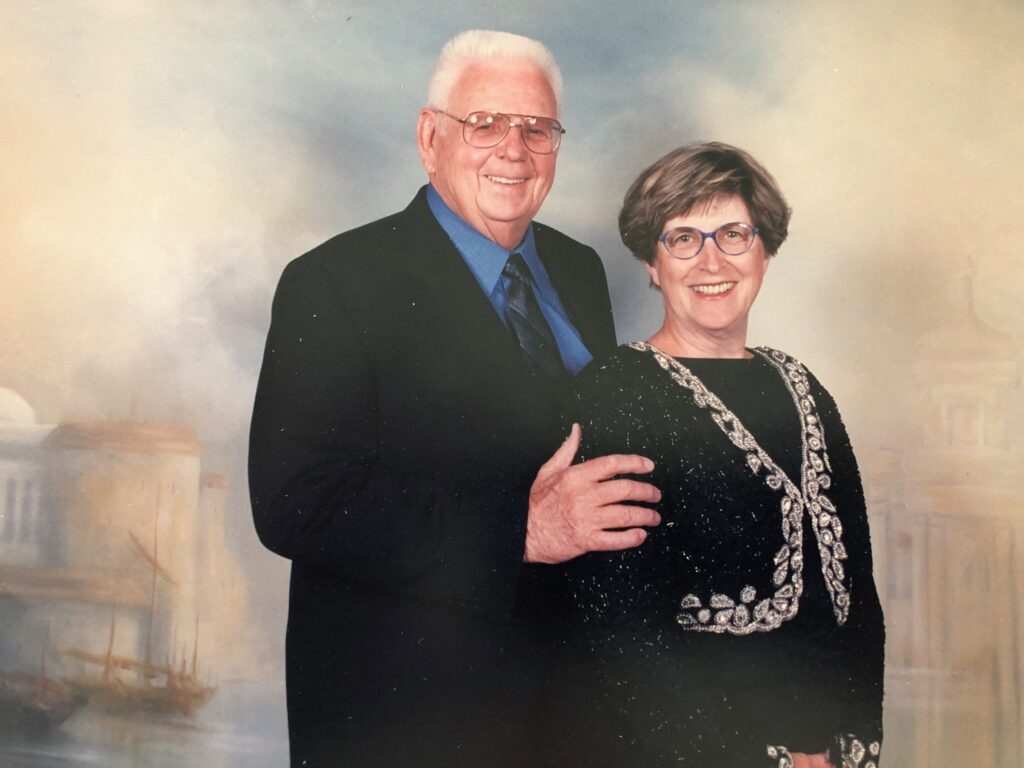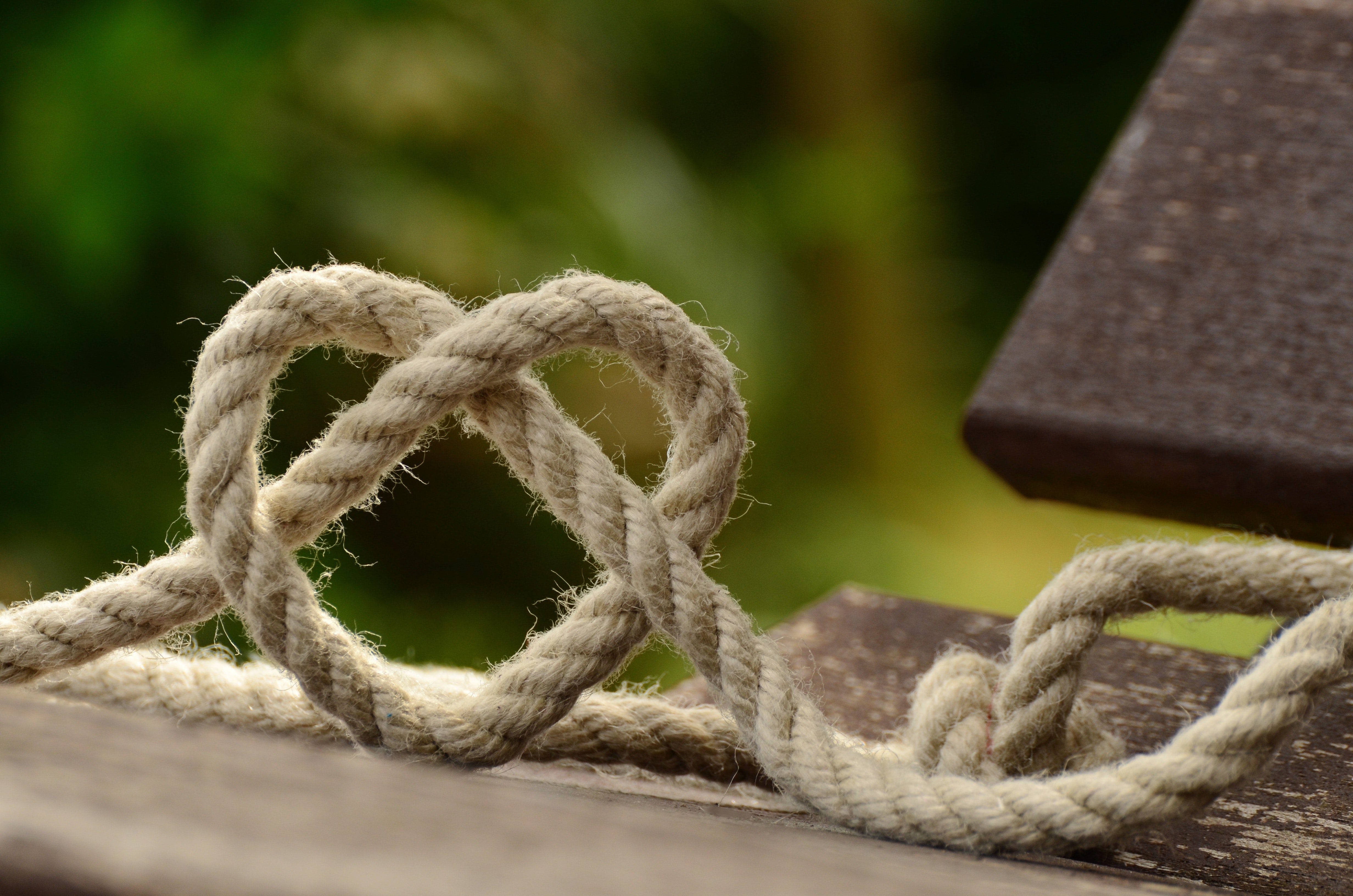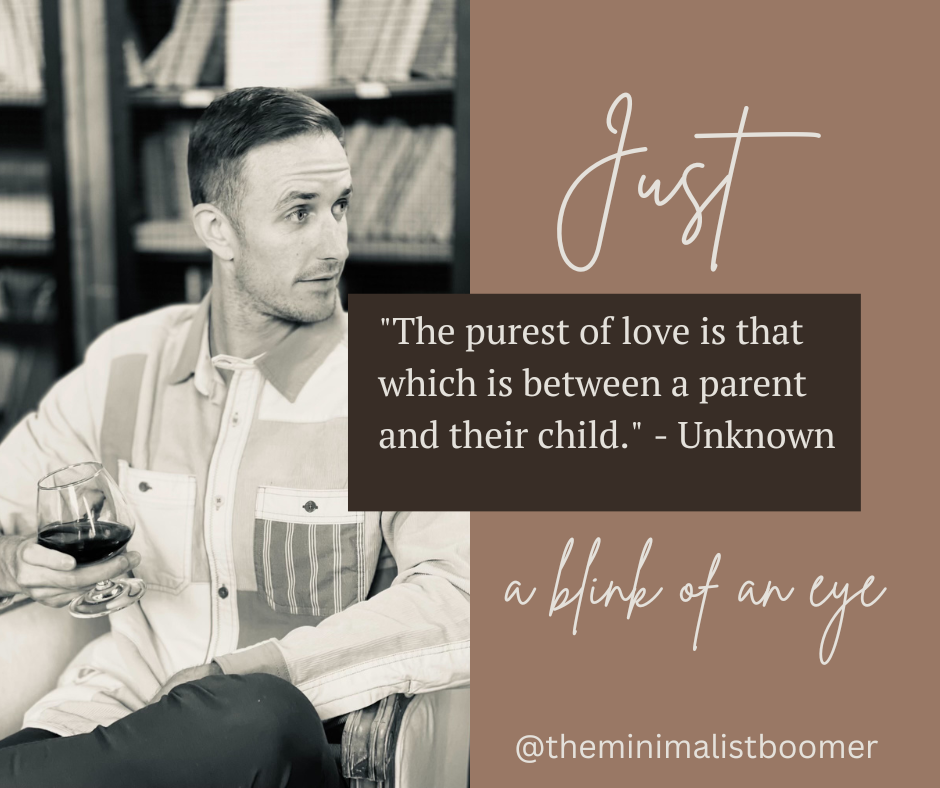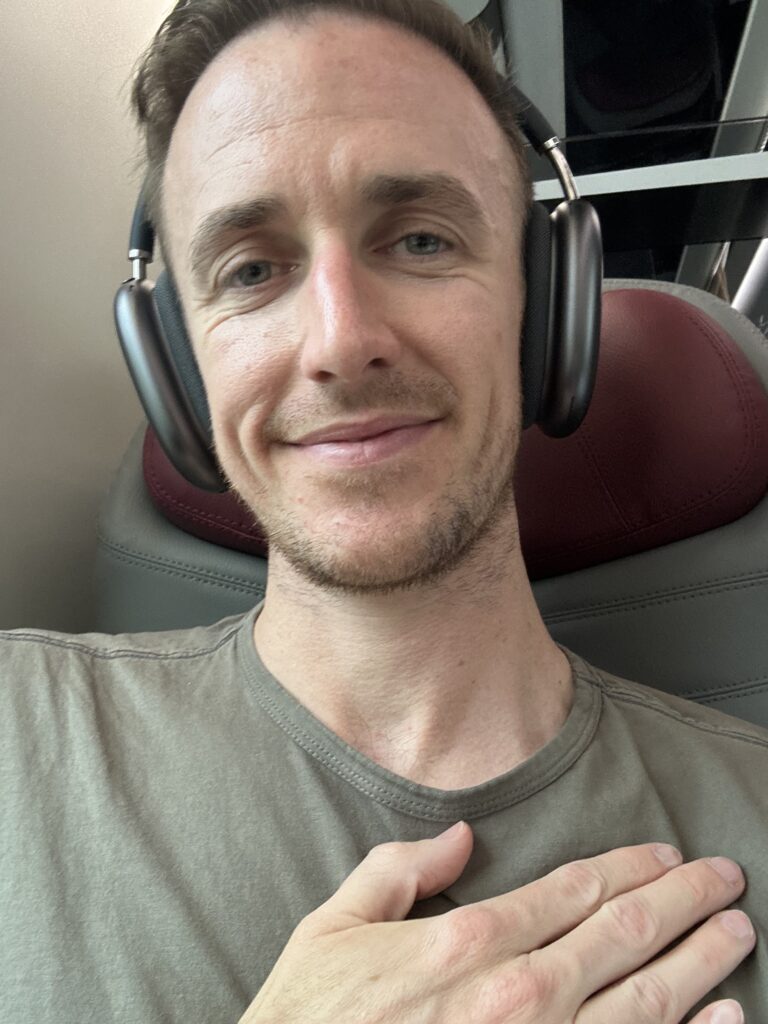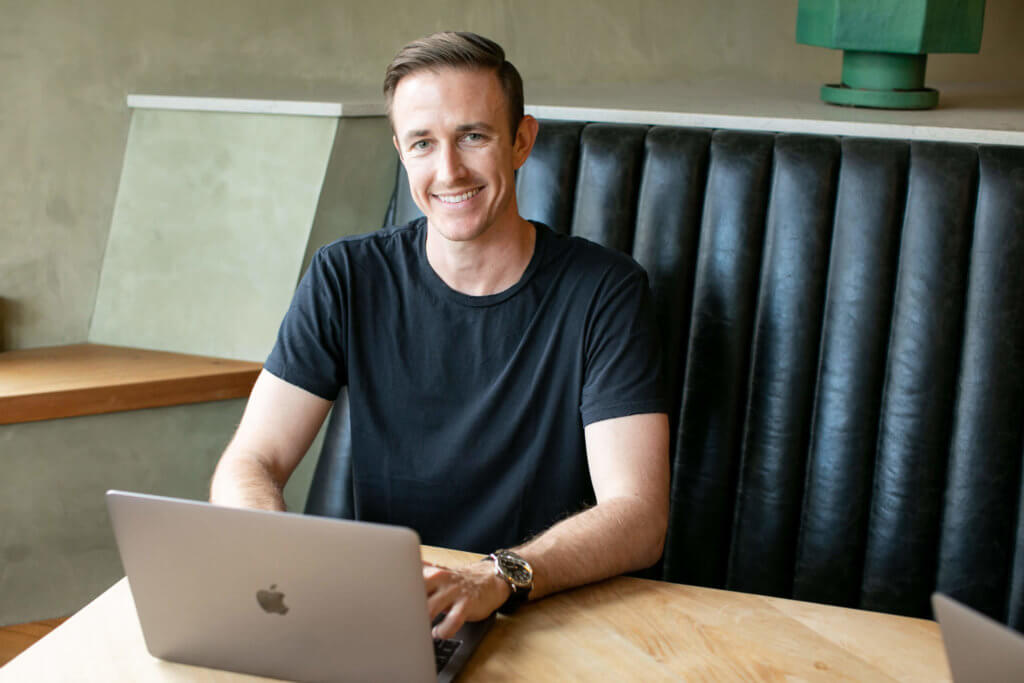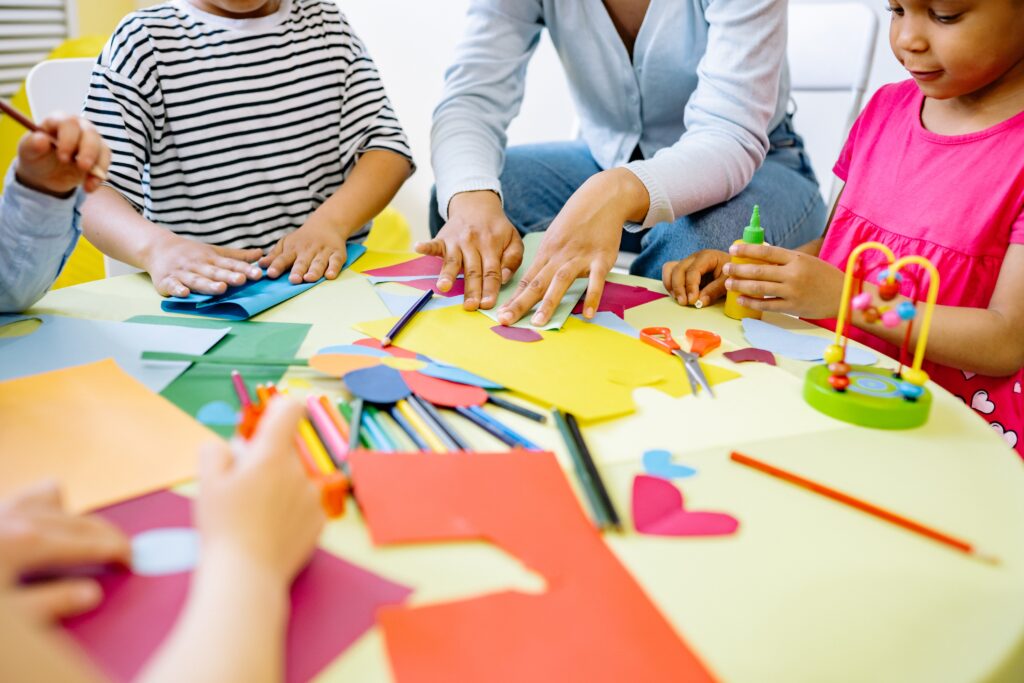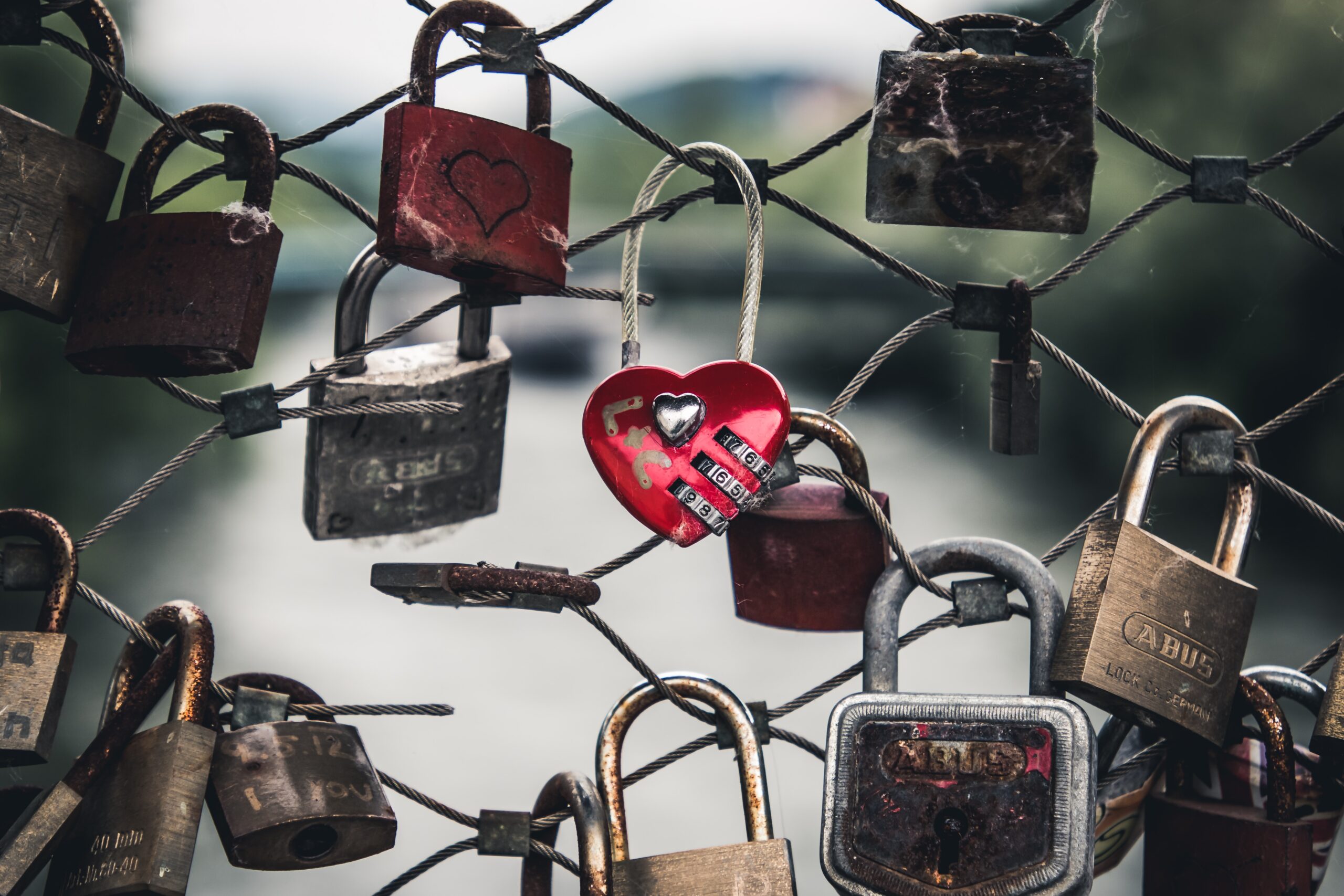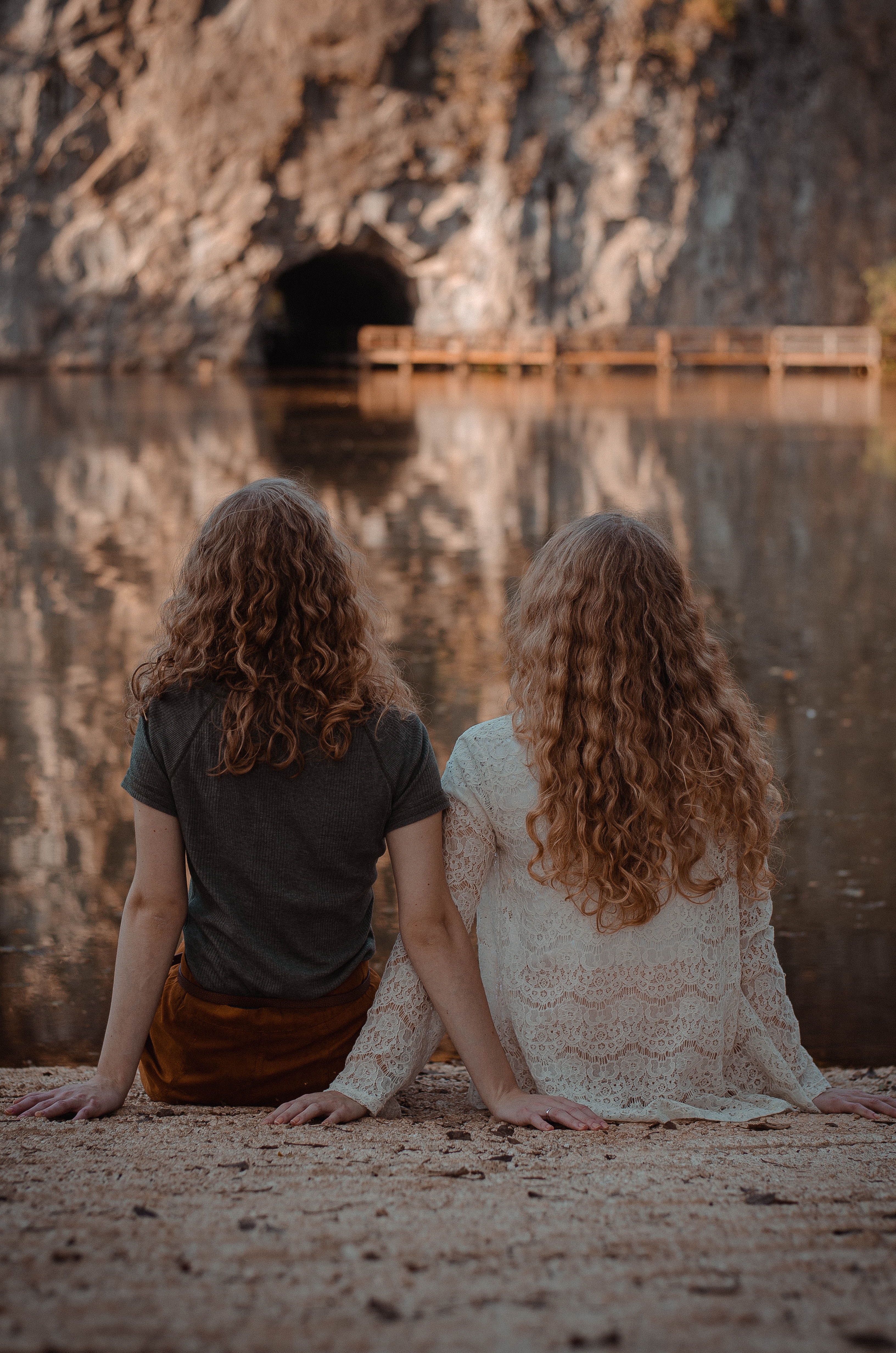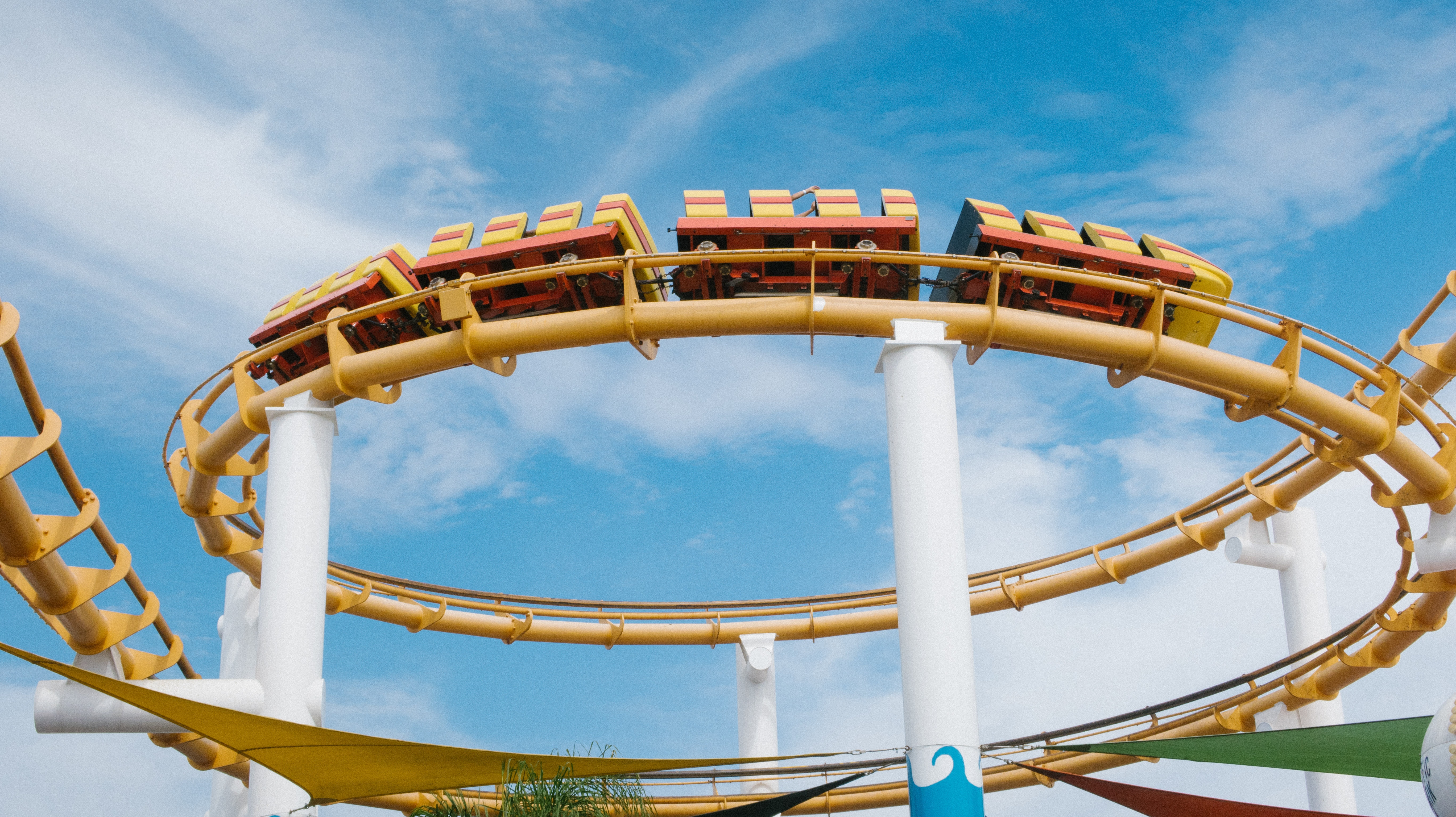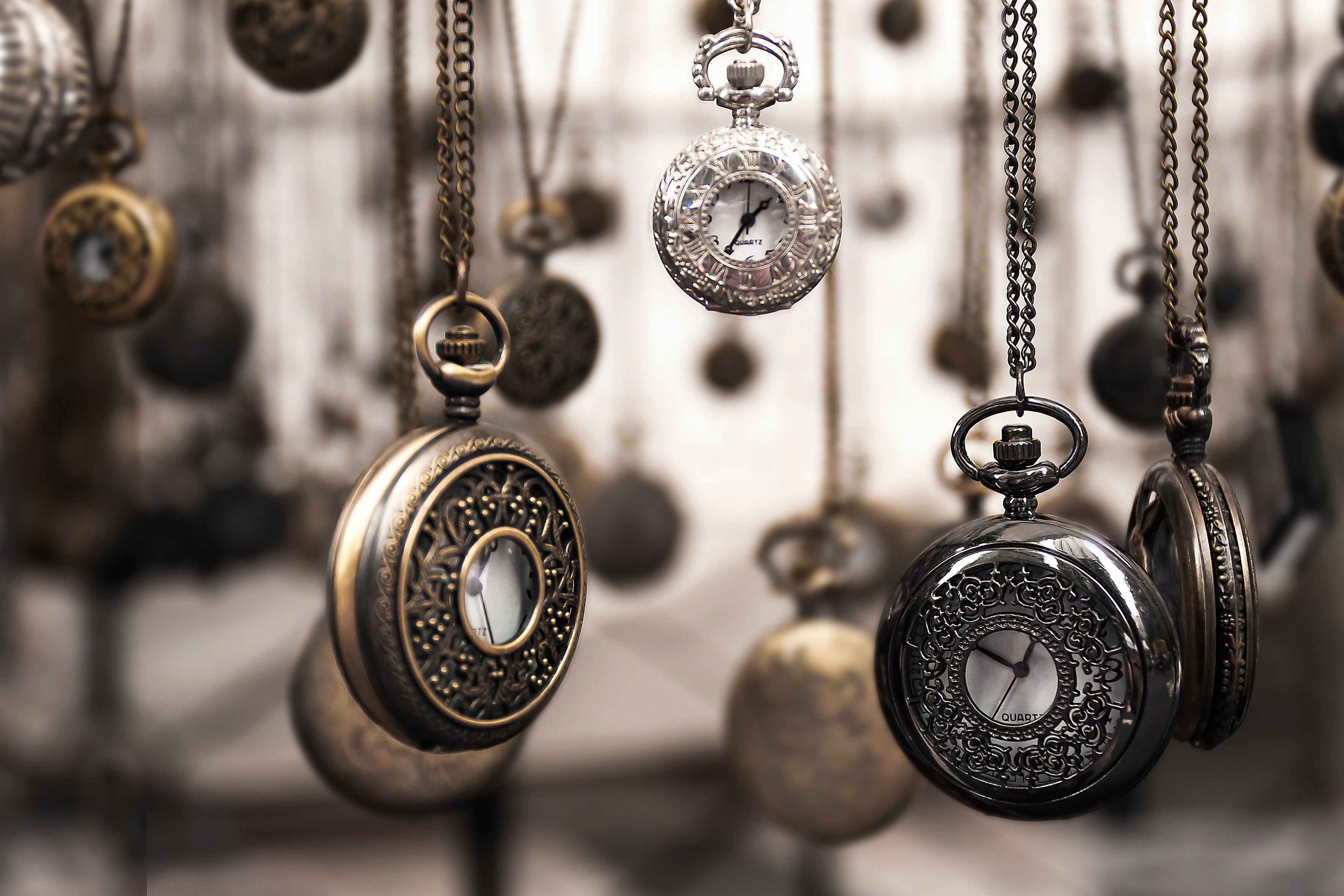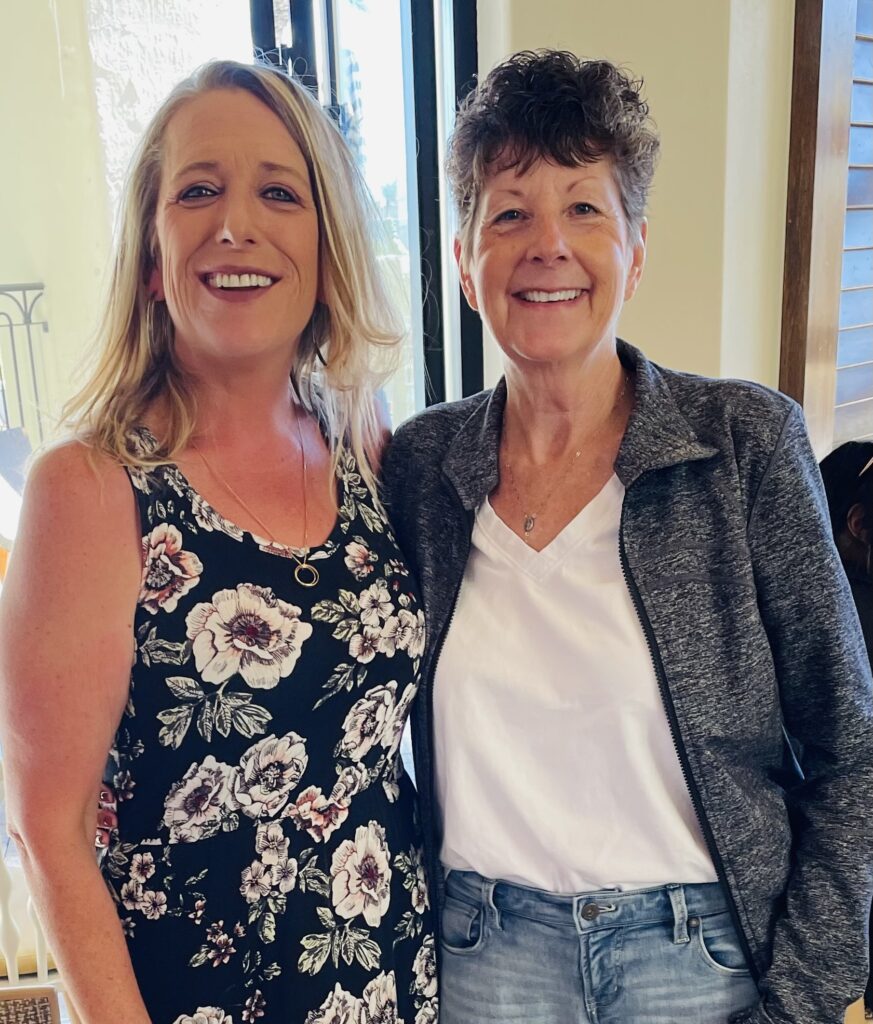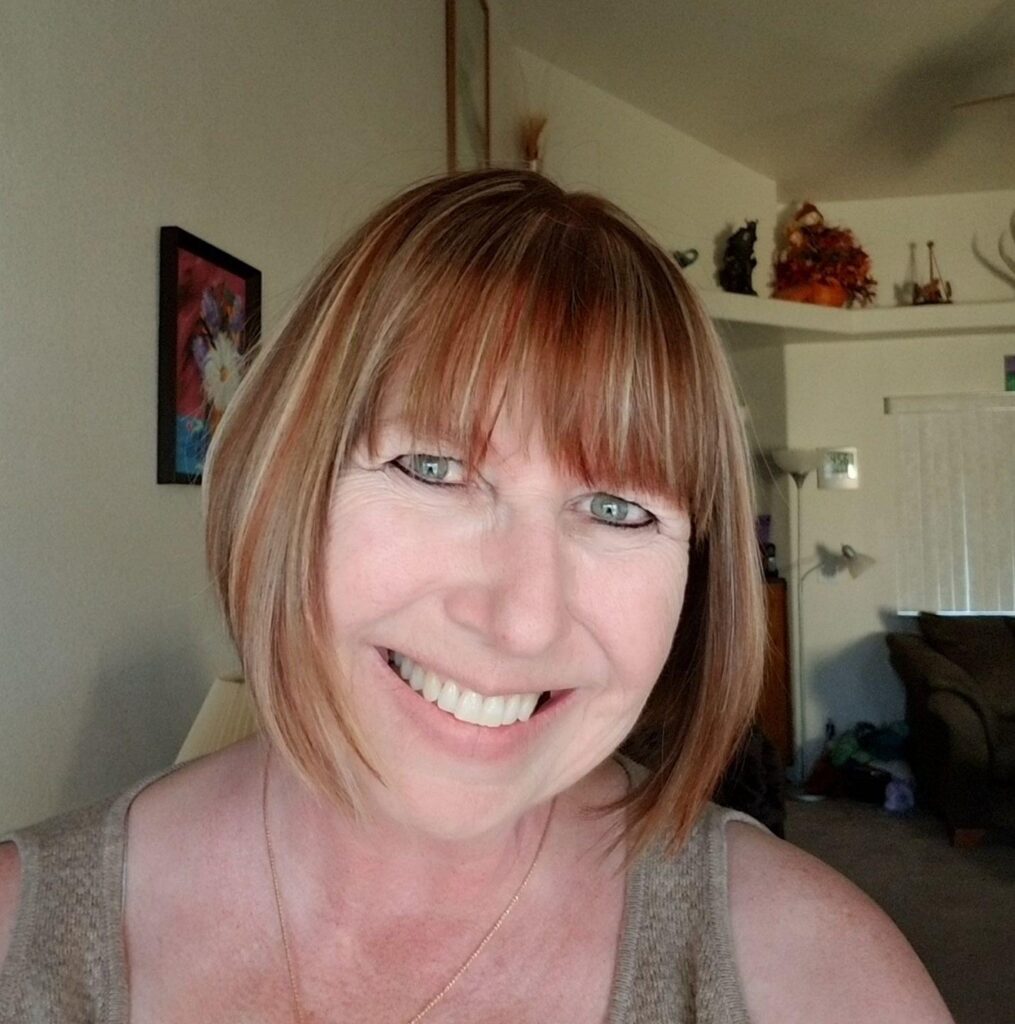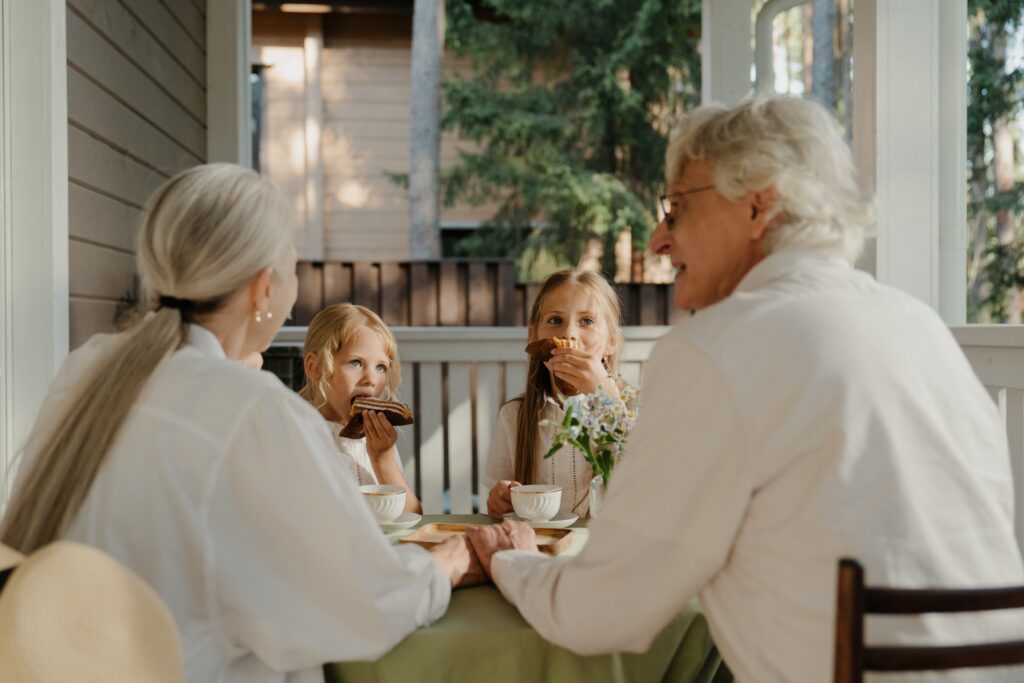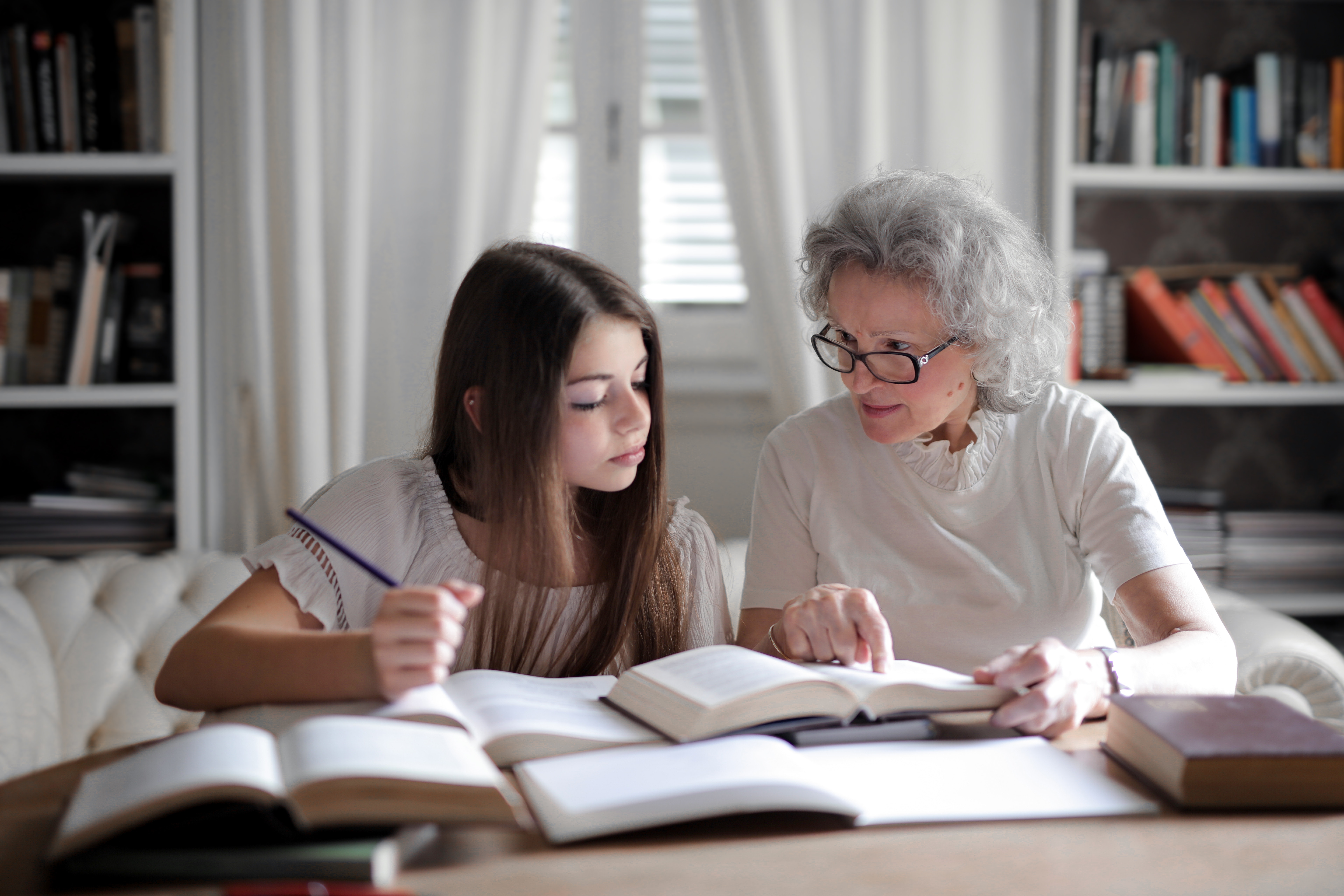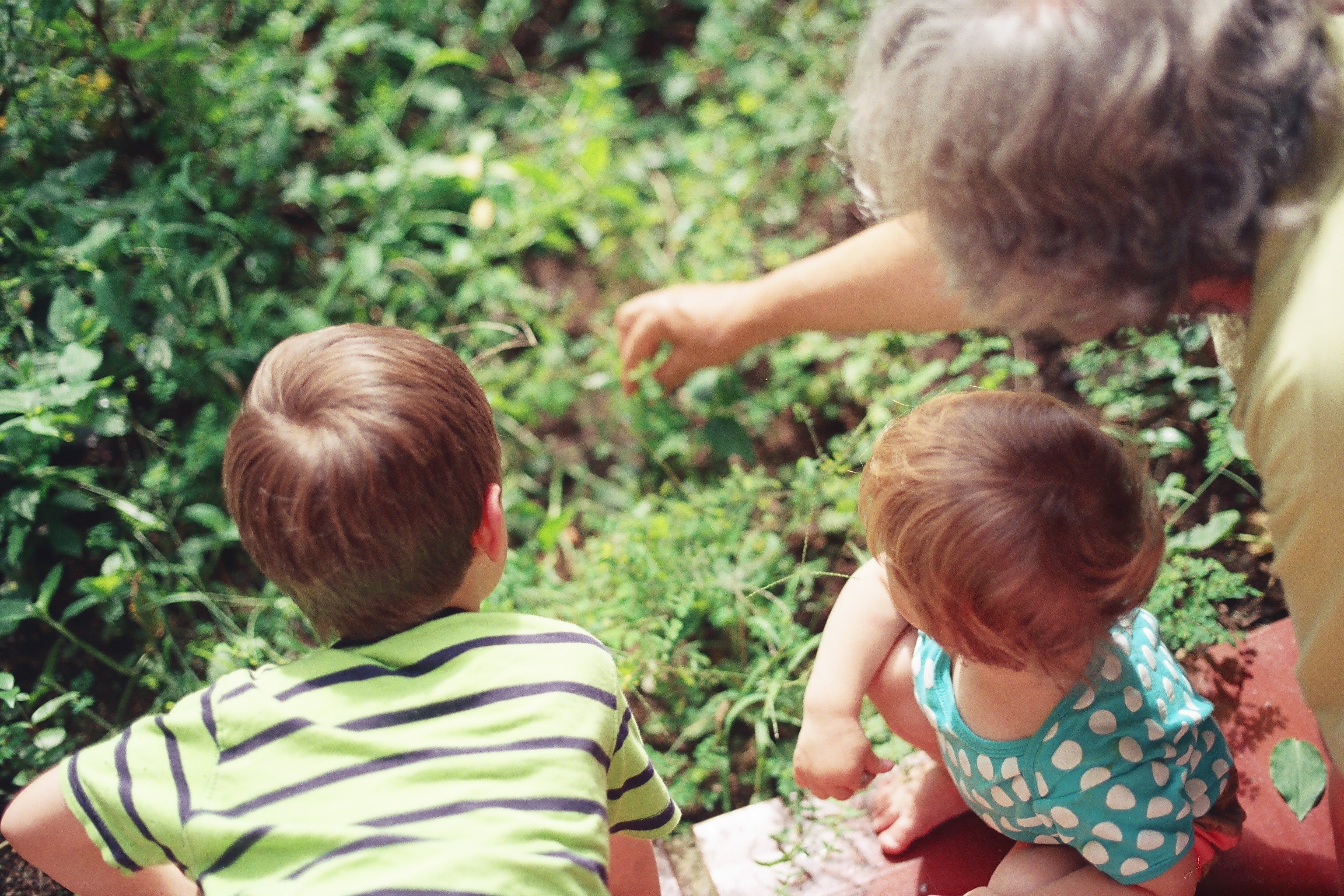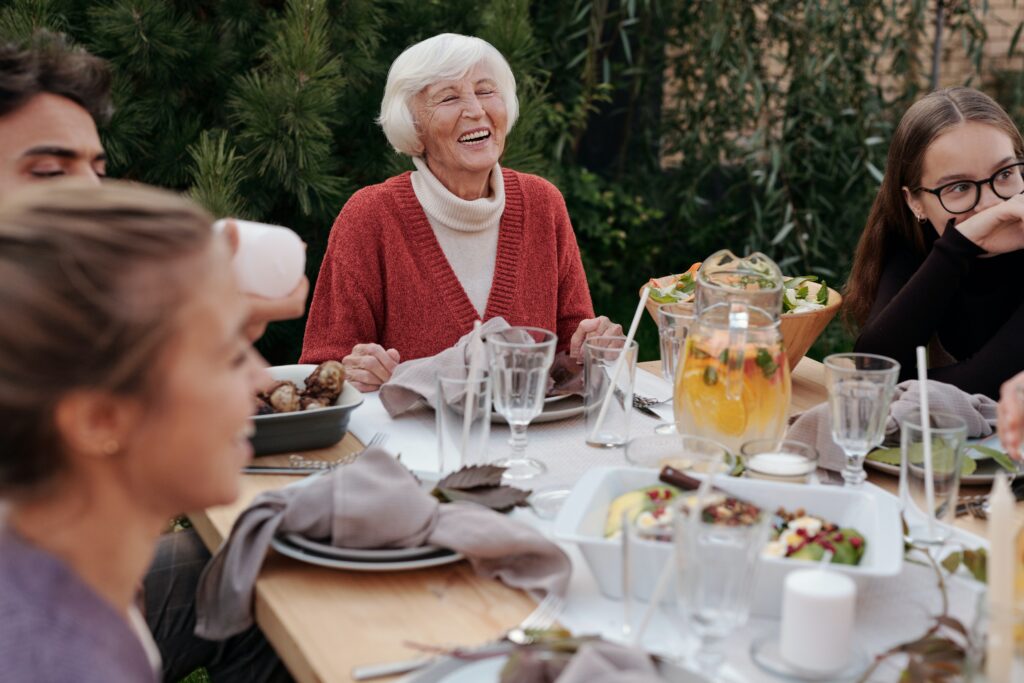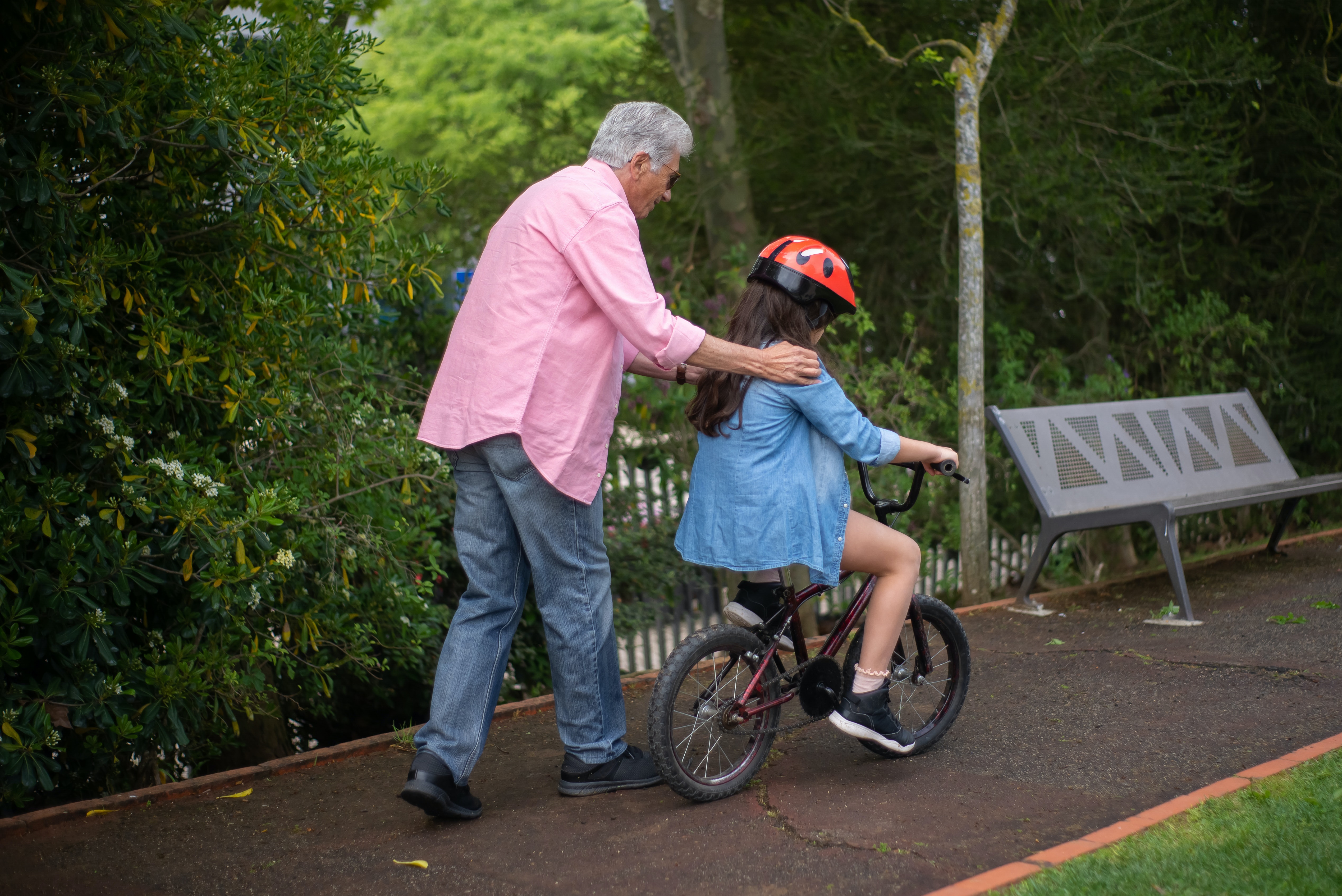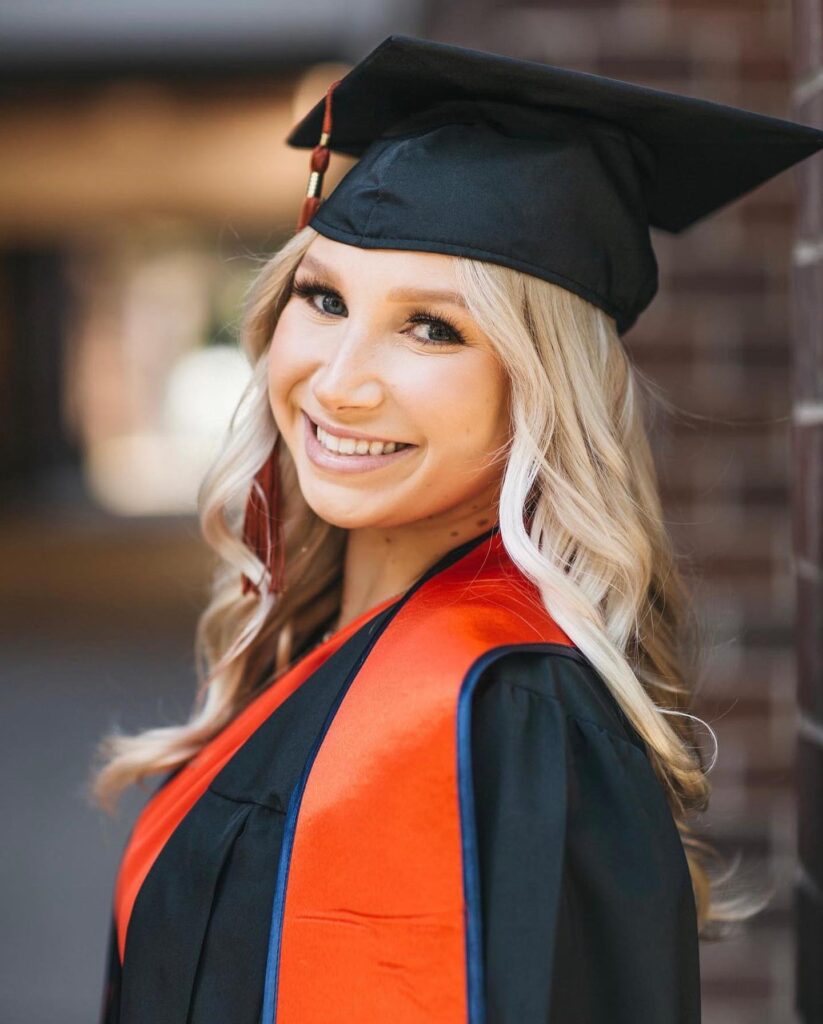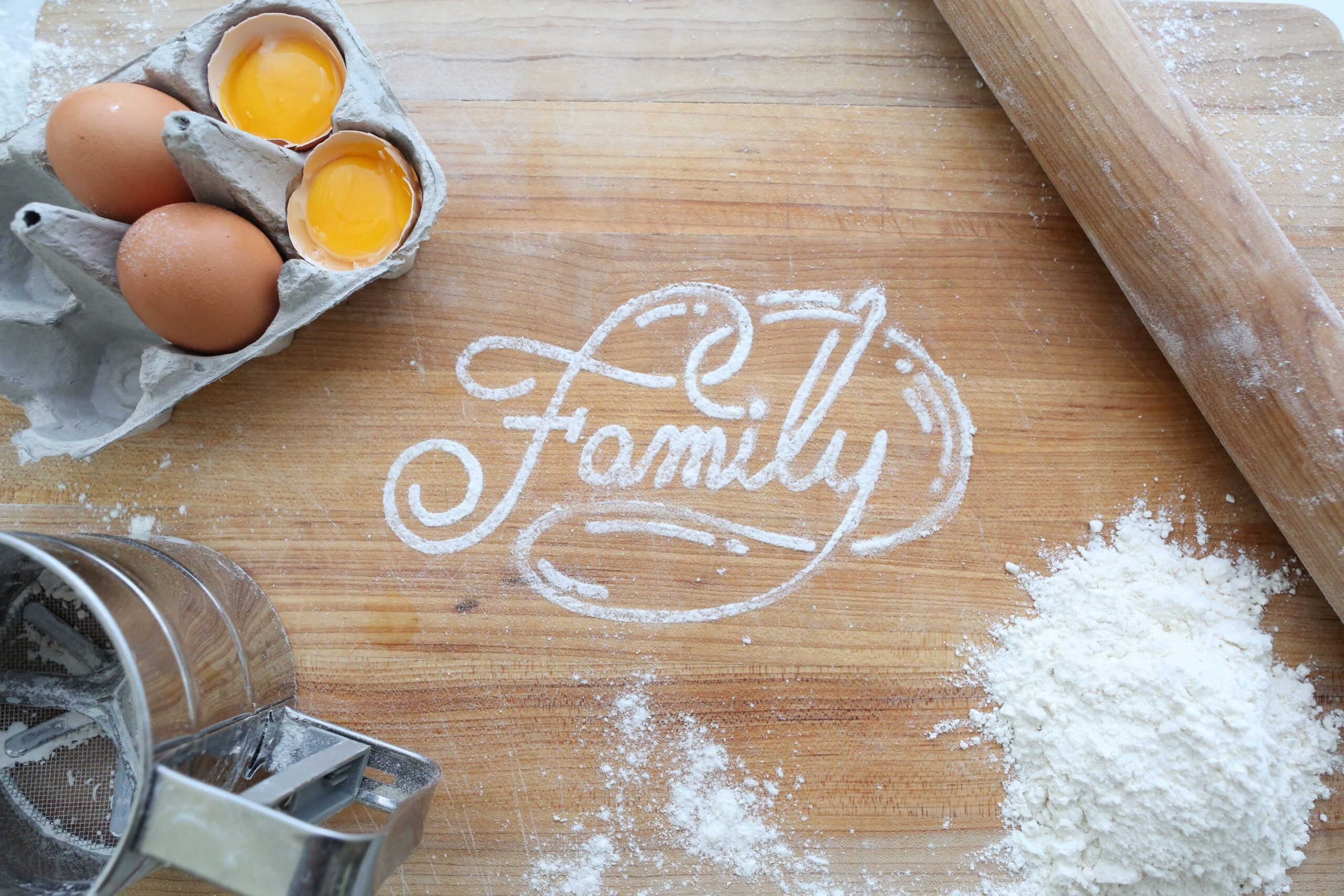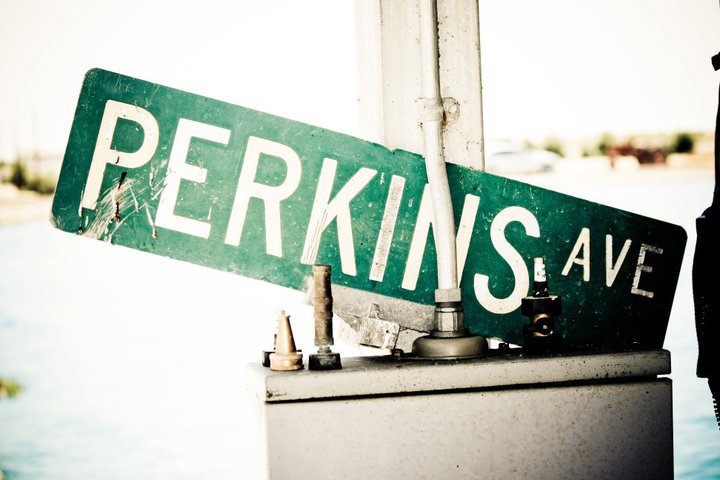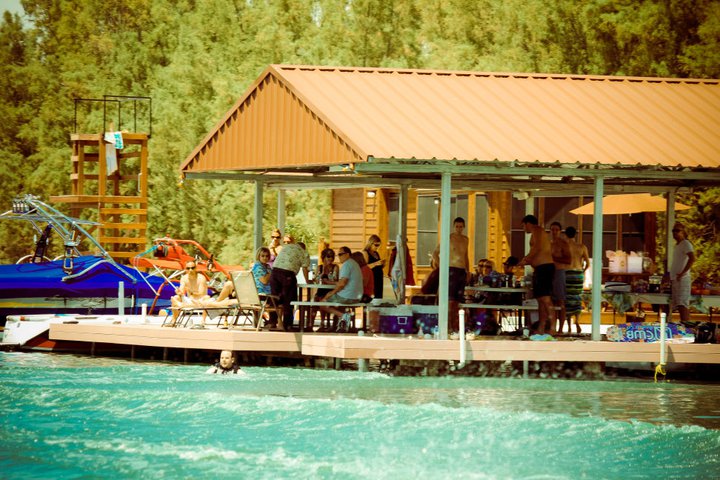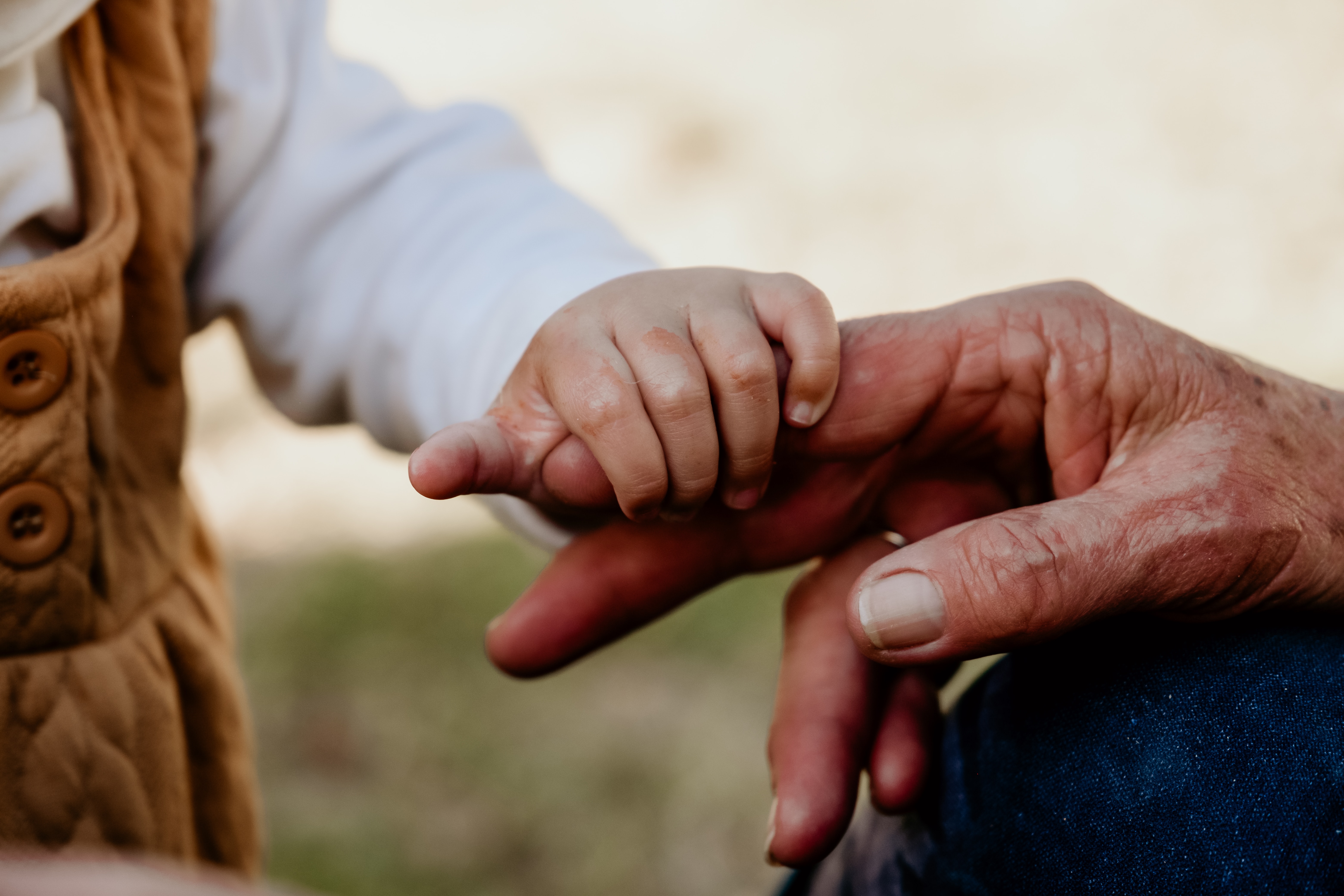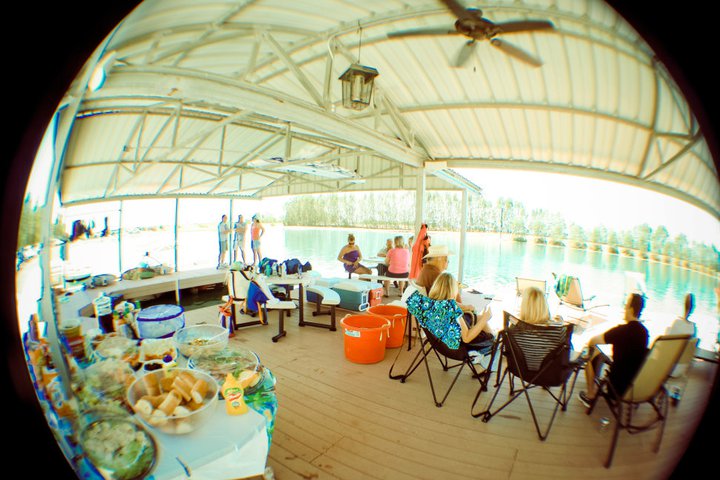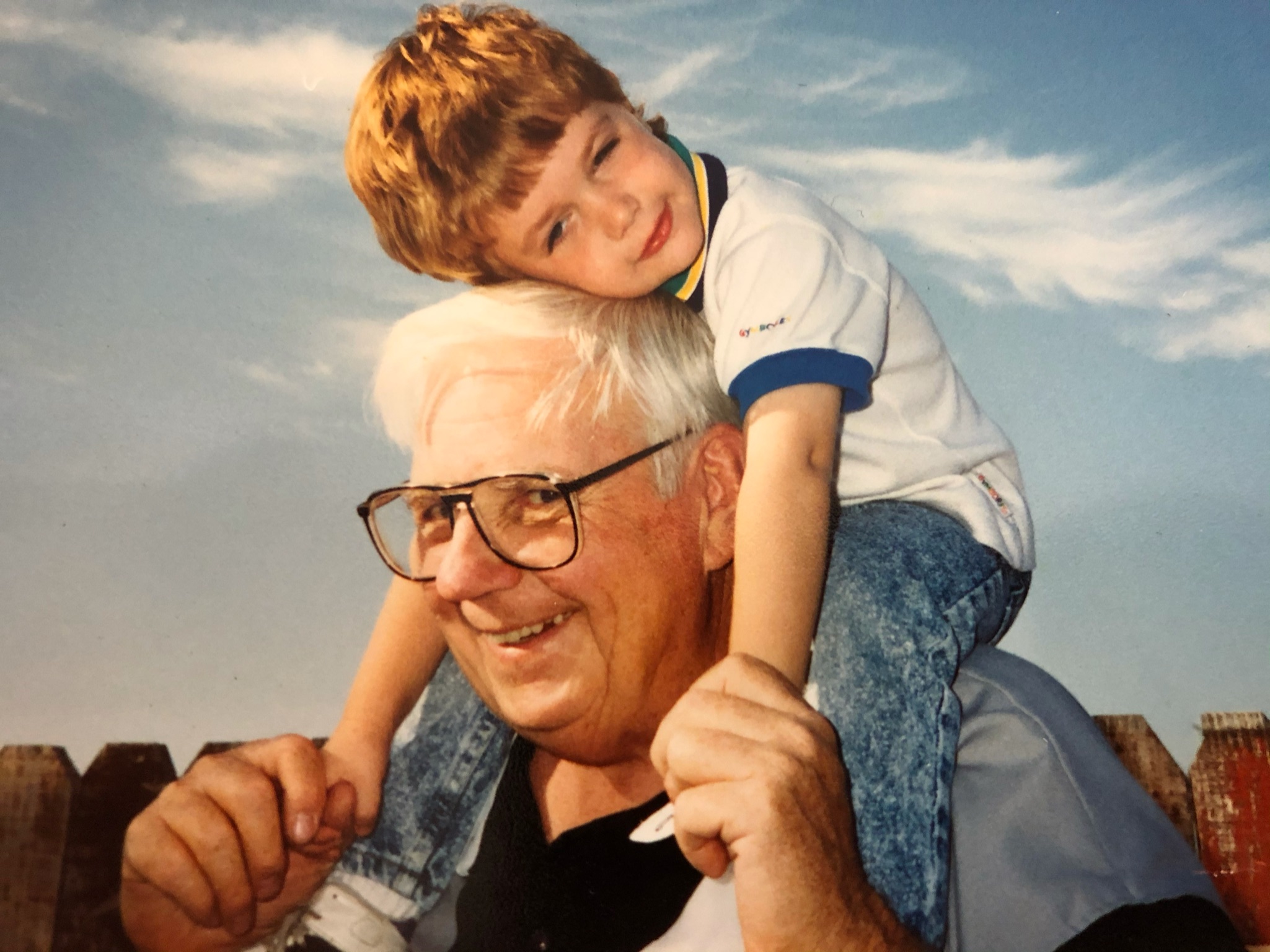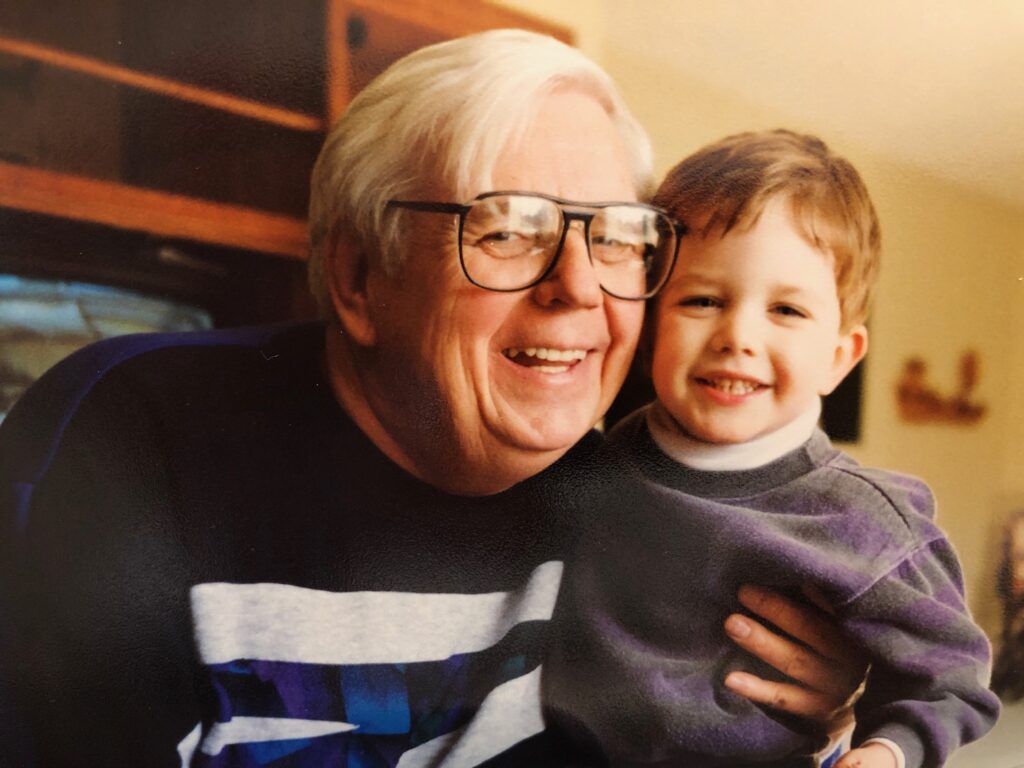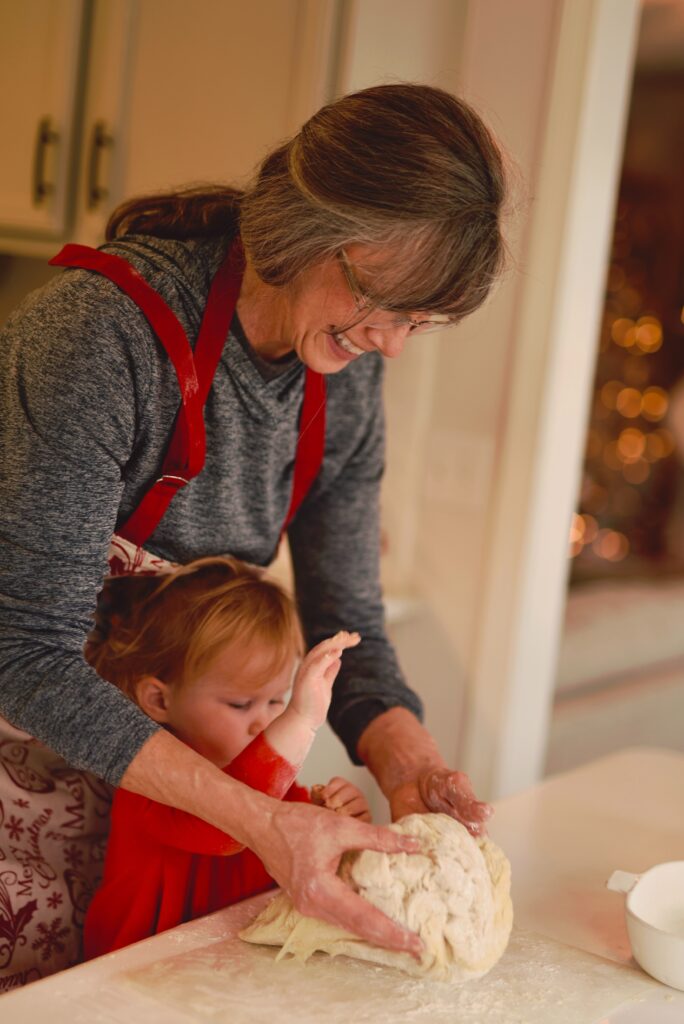Leaving memories, not boxes of stuff, is something we begin thinking about as we grow older. We all accumulate items over time. But often, these possessions turn into clutter, leaving a burden for those left behind. Today, Boomers, we will explore the idea of leaving a legacy of experiences and memories instead of material possessions.
This is about choosing a life well-lived over a house filled with stuff. It’s about creating lasting memories that will be cherished by your loved ones long after you’re gone. Making your life story rich with experiences, not things, is a meaningful way to be remembered. Join me in thinking about how we can make this possible and why it’s an idea worth considering.
The Importance of Leaving Memories
When we think about our legacy, what comes to mind? Is it the wealth we accumulate or the possessions we leave behind? Or is it the memories we create and the impact we have on others? In a world that worships materialism, it’s easy to forget that memories are the true treasures we should strive to leave behind.
Memories Last Forever
Unlike physical possessions that can fade, break, or be lost, memories have the power to endure the test of time. They remain etched in our minds and hearts, ready to be recalled and cherished at any moment. Memories are the threads that connect us to our past, allowing future generations to learn from our experiences and keep our stories alive.
Memories Bring Comfort and Connection
When we lose a loved one, it’s not their material possessions that bring us solace in our grief. It’s the memories we shared together that provide us with comfort and a sense of connection. Memories have the remarkable ability to surpass physical boundaries and bring people together, even long after someone is gone.
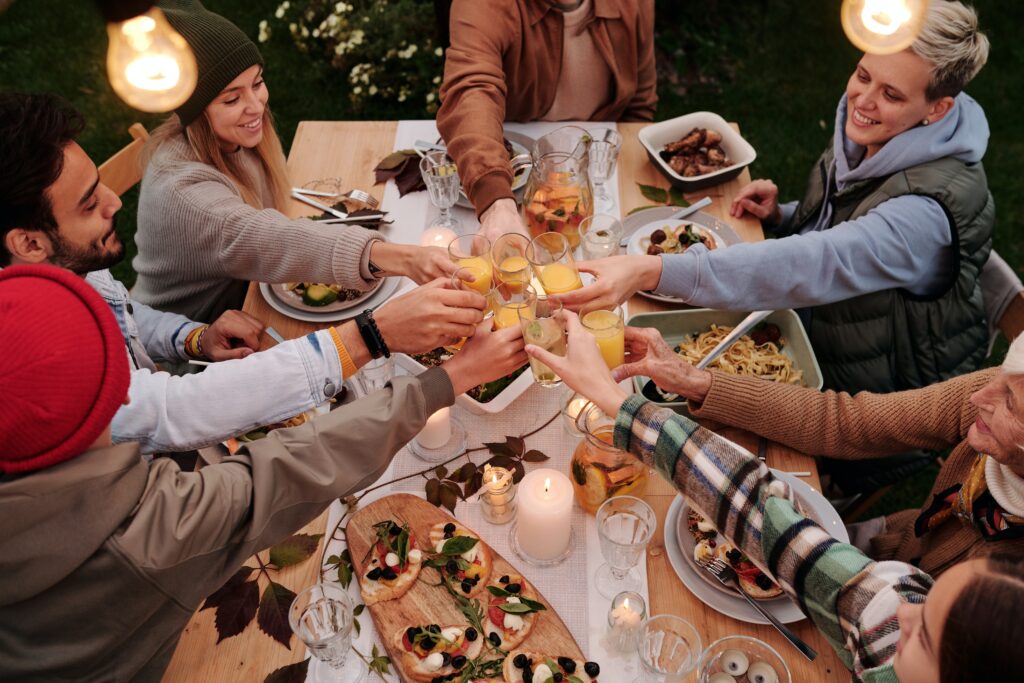
Memories Have Lasting Impact
Our memories shape who we are and influence the lives of those around us. The lessons we learned, the moments we cherished, and the experiences we had all contributed to our personal growth and development. By leaving behind meaningful memories, we have the power to inspire, teach, and guide future generations.
- Memories remind us of the importance of love and relationships.
- Memories teach us valuable life lessons and wisdom.
- Memories inspire us to live our lives to the fullest.
- Memories connect us to our cultural and familial roots.
Leaving memories is not about accumulating physical possessions or leaving behind a vast estate. It’s about creating moments that matter, forging connections with others, and leaving a lasting impact on the world. When we prioritize memories over materialism, we ensure that our legacy is one filled with love, joy, and meaningful experiences.
The Problem with Accumulating A Bunch of Stuff
Accumulating stuff has become a common problem for many of us. Having too much stuff leads to clutter and chaos in our lives. It takes up valuable space, both physically and mentally. It can be overwhelming and stressful to try and manage all the things we accumulate. So, let’s think twice before collecting all the stuff and focus on what truly matters in life.
Stuff Takes Up Space
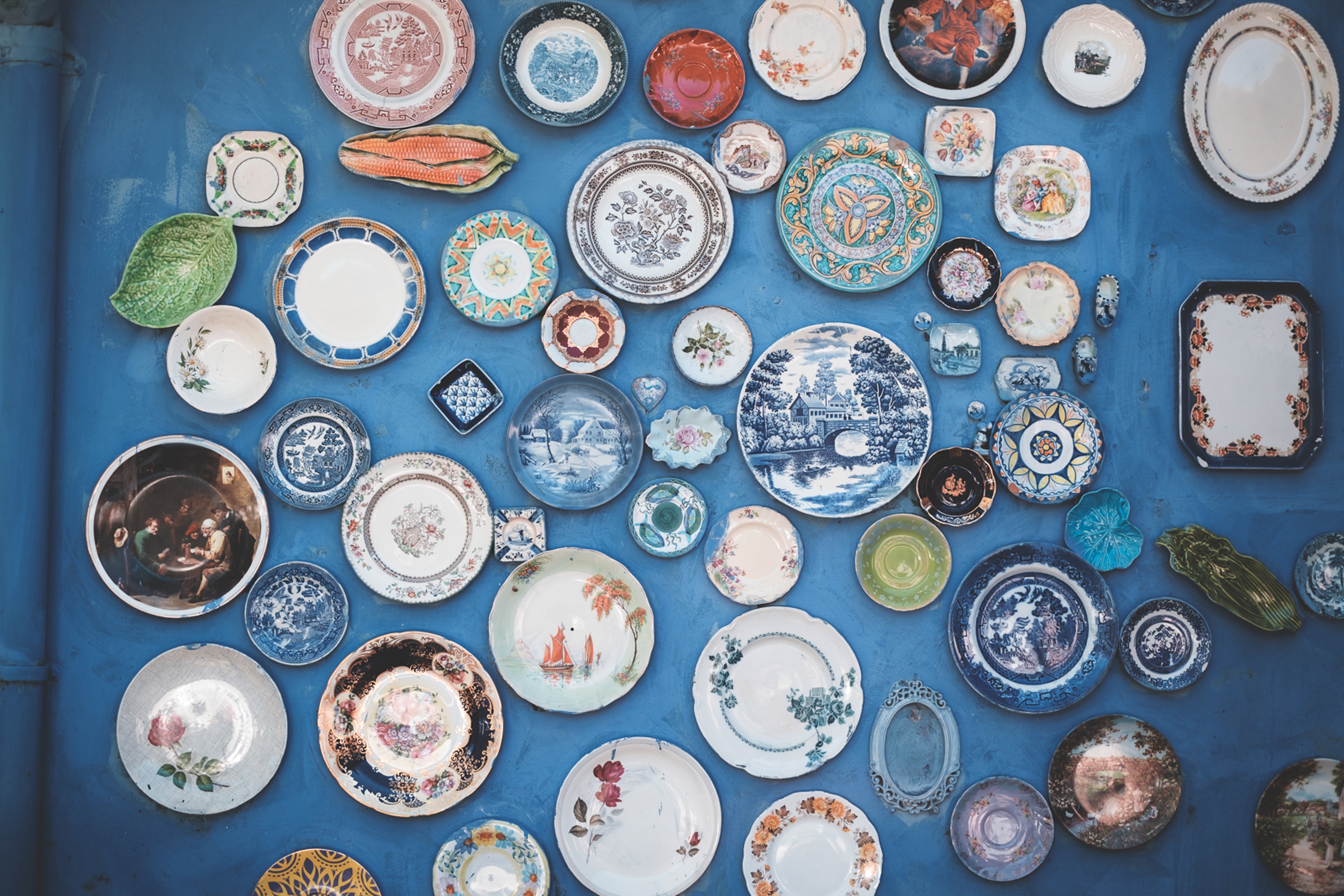
One of the most obvious problems with accumulating stuff is that it takes up physical space. As we bring more and more items into our lives, our living spaces become cluttered and cramped. Instead of enjoying an open and inviting home, we find ourselves surrounded by piles of possessions, making it difficult to relax and unwind.
Not only does clutter make our living spaces feel smaller, but it also makes it harder to find the things we truly need. How many times have you spent precious minutes searching for your keys or that important document buried under a mountain of stuff? By accumulating fewer things, we can create a more organized and streamlined living environment.
It Can Cause Stress

Studies have shown that living in a cluttered environment can increase stress levels and make it difficult to focus. The constant visual reminder of unfinished tasks and disorganization can weigh heavily on our minds.
The process of managing all our stuff can also be overwhelming. Cleaning, organizing, and maintaining our possessions takes time and energy that could be better spent on more fulfilling activities. By decluttering and only keeping the things that truly matter to us, we can alleviate stress and free up mental space for more important aspects of life.
Much of it Often Holds No True Value

While it may be tempting to hold onto every item we come across, the truth is that many of them hold no real value. We accumulate things for various reasons, but often, they end up forgotten or unused. That expensive gadget you had to have? It’s now collecting dust in a drawer. The trendy clothes that seemed so important? They’re now out of style and taking up valuable closet space.
Our society is obsessed with consumerism, where the value of objects is often compared with our own self-worth. But possessions alone do not define our happiness or success. True value lies in experiences, relationships, and personal growth. By breaking free from the accumulation mindset, we can focus on what truly matters and create meaningful memories.
Let’s take a moment to reflect on the problem with accumulating stuff. It not only takes up physical space but also adds unnecessary stress to our lives. Many of the things we accumulate hold no true value. It’s time to shift our perspective and prioritize what truly brings us joy, so that when we leave this world, we leave behind memories, not boxes of stuff.
How to Shift Focus to Leaving Memories
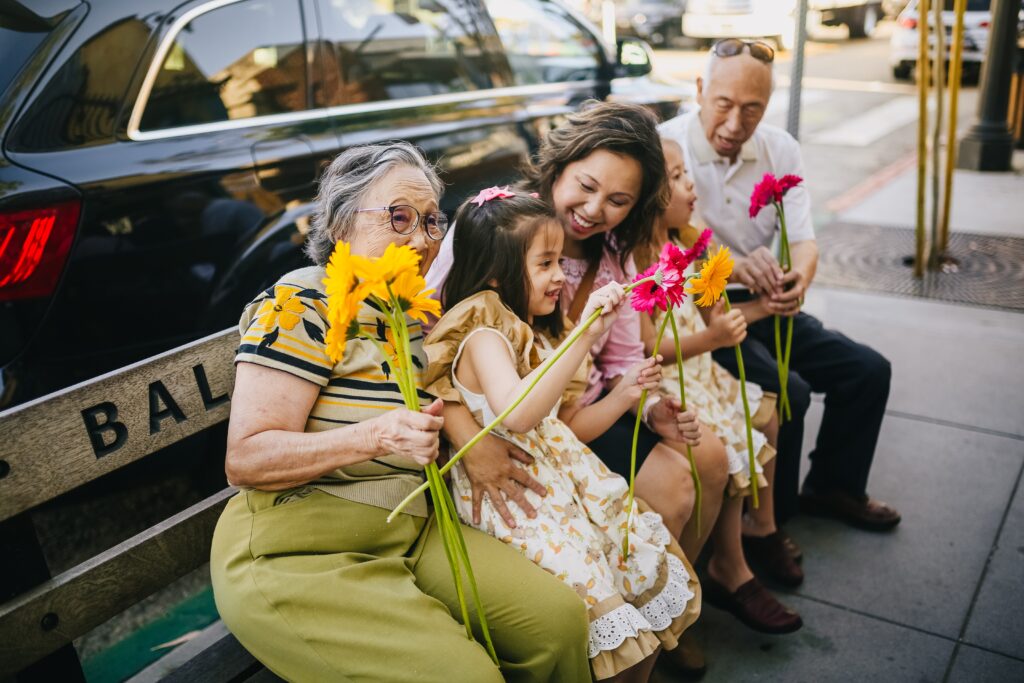
When it comes to our legacy, what truly matters is the memories we leave behind. Instead of accumulating boxes of stuff, let’s shift our focus toward creating meaningful experiences.
Prioritize Experiences over Possessions

Life is about the moments we live, not the things we own. By prioritizing experiences, we create a life filled with meaningful memories. Instead of spending money on material possessions, invest your precious time in activities and adventures that bring joy and satisfaction to you. Whether it’s traveling to new places, trying new hobbies, or simply spending quality time with loved ones, these experiences will enrich your life and create lasting memories.
Focus on Meaningful Connections
“In every conceivable manner, the family is a link to our past, a bridge to our future.” – Alex Haley
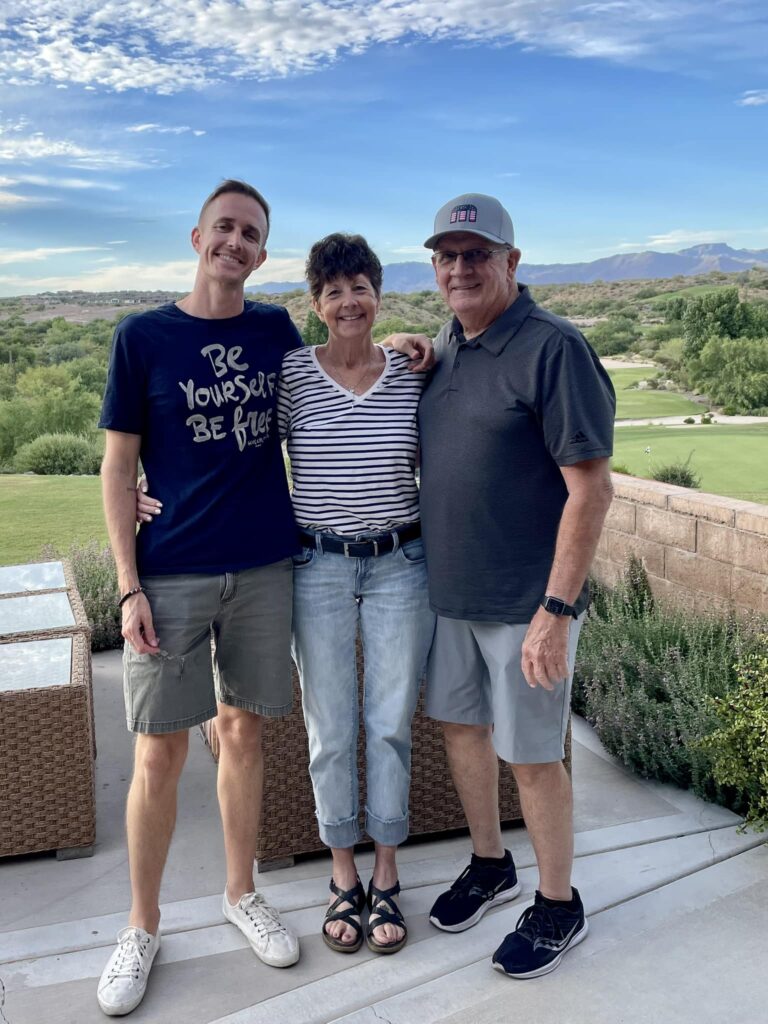
Our relationships are the threads that weave the fabric of our lives. To leave behind valuable memories, focus on building and nurturing meaningful connections with others. Take the time to listen and appreciate the people in your life. Engage in deep conversations, share laughter, and create memories together. Surrounding yourself with loved ones who uplift and inspire you will leave a lasting impression on both you and them.
Document and Share Your Life Story

Each of us has a unique story to tell. By documenting your life, you can preserve memories for future generations and inspire others. Start a journal to capture your thoughts, experiences, and lessons learned. Share your stories with loved ones or consider starting a blog to reach even more people you care about. By reflecting on your journey and sharing your experiences, you leave a meaningful legacy that goes far beyond material possessions.
Establish Relationships by Becoming Pen Pals with Family & Friends
Another wonderful way to share memories is by establishing pen pal relationships with family and friends. Through handwritten letters, you can exchange personal stories, recount shared experiences, and create a lasting connection. This allows you to not only reminisce about the past but also keep the memories alive in present-day interactions. Many children these days don’t receive handwritten letters. It’s important to continue to correspond in this way so that it doesn’t become a lost art.
Create Memory Journals or Scrapbooks

Documenting memories in a tangible way is a beautiful and creative way to share them with your loved ones. Consider creating memory journals or scrapbooks filled with photographs, handwritten notes, and mementos. These personalized keepsakes can be passed down through generations, allowing your loved ones to relive the cherished memories and stories you’ve shared.
Utilize Digital Platforms for Sharing
There are countless platforms available to share memories with loved ones. From social media to online photo albums, you can easily upload and share photographs, videos, and stories. Embrace these digital tools to create virtual connections with family and friends, ensuring that your memories are accessible and cherished by all.
Legacy Planning for Leaving Lasting Memories
When it comes to thinking about our own mortality, it can be difficult to imagine a world without us in it. Taking the time to plan for our legacy can ensure that the memories we leave behind are cherished and meaningful. Legacy planning allows us to shape how we will be remembered and leaves a lasting impact on our loved ones.
Involve Loved Ones in the Process
When it comes to planning your legacy, involving your loved ones in the process can make it even more meaningful. Seek their input, listen to their ideas, and involve them in decision-making. This not only ensures that your legacy aligns with your values and desires but also creates a sense of togetherness and shared purpose. By involving your loved ones, you can strengthen your relationships and build a legacy that reflects who you are.
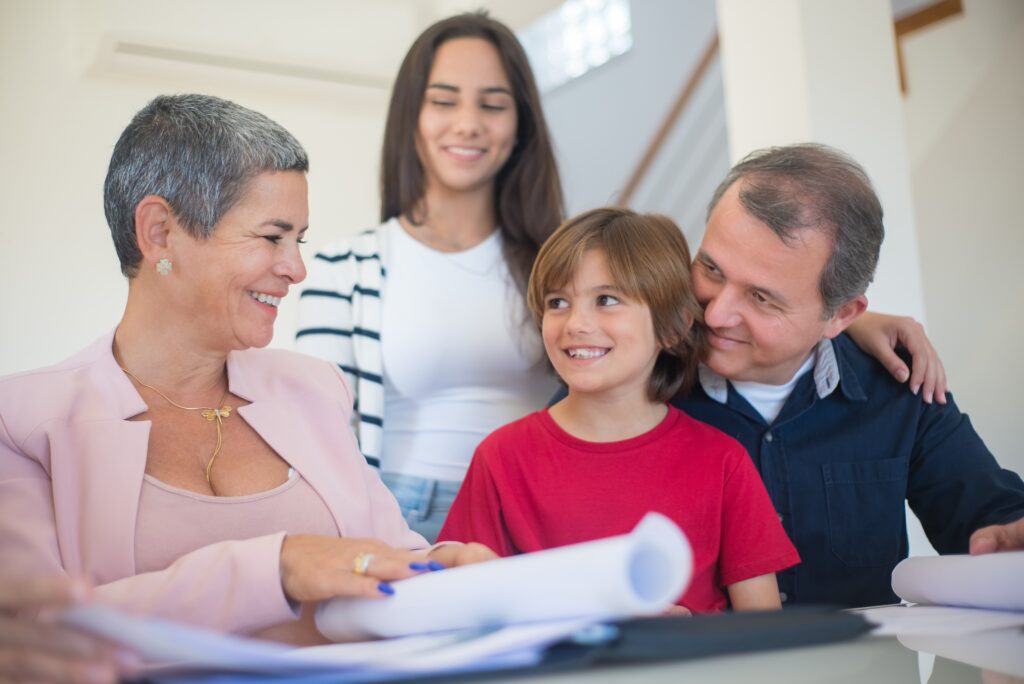
By shifting our focus from stuff to experiences, we can create a legacy that truly matters. When we die, our loved ones will remember the moments we shared, the adventures we embarked on, and the love we gave, rather than the physical objects we owned.
“What we have once enjoyed we can never lose; all that we deeply love becomes a part of us.” – Helen Keller
Ultimately, the choice to leave memories, not boxes of stuff, is a conscious decision that requires a shift in mindset. It may not always be easy, but the rewards are immeasurable. So let us focus on creating lasting memories, cherishing experiences, and building relationships that will be remembered long after we are gone. In the end, it is the memories we leave behind that truly define our legacy.

